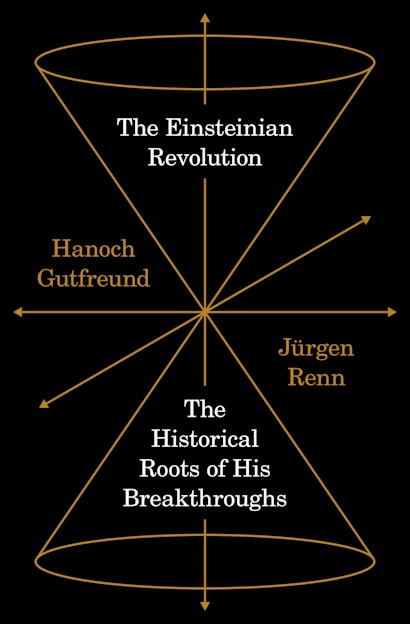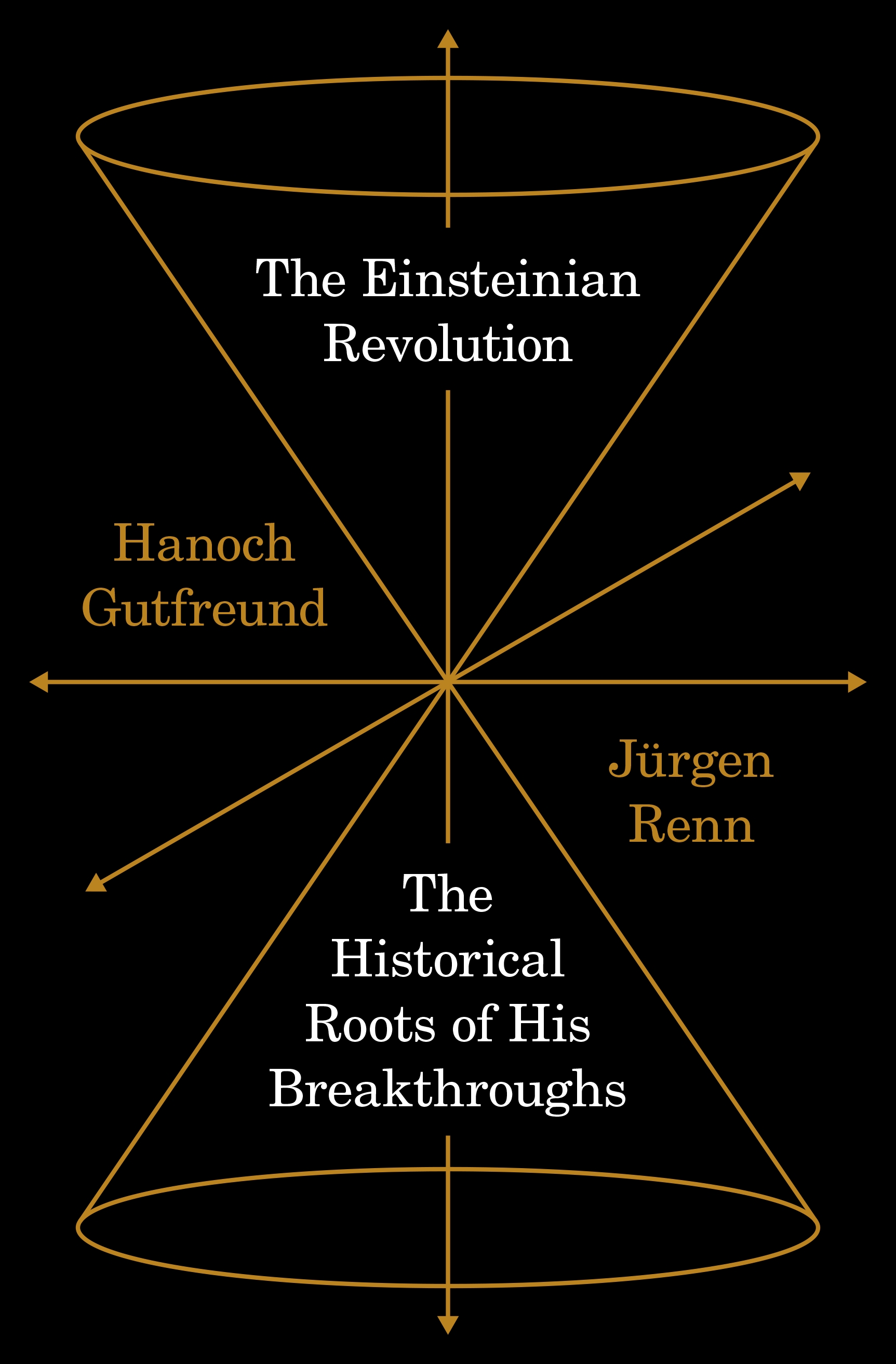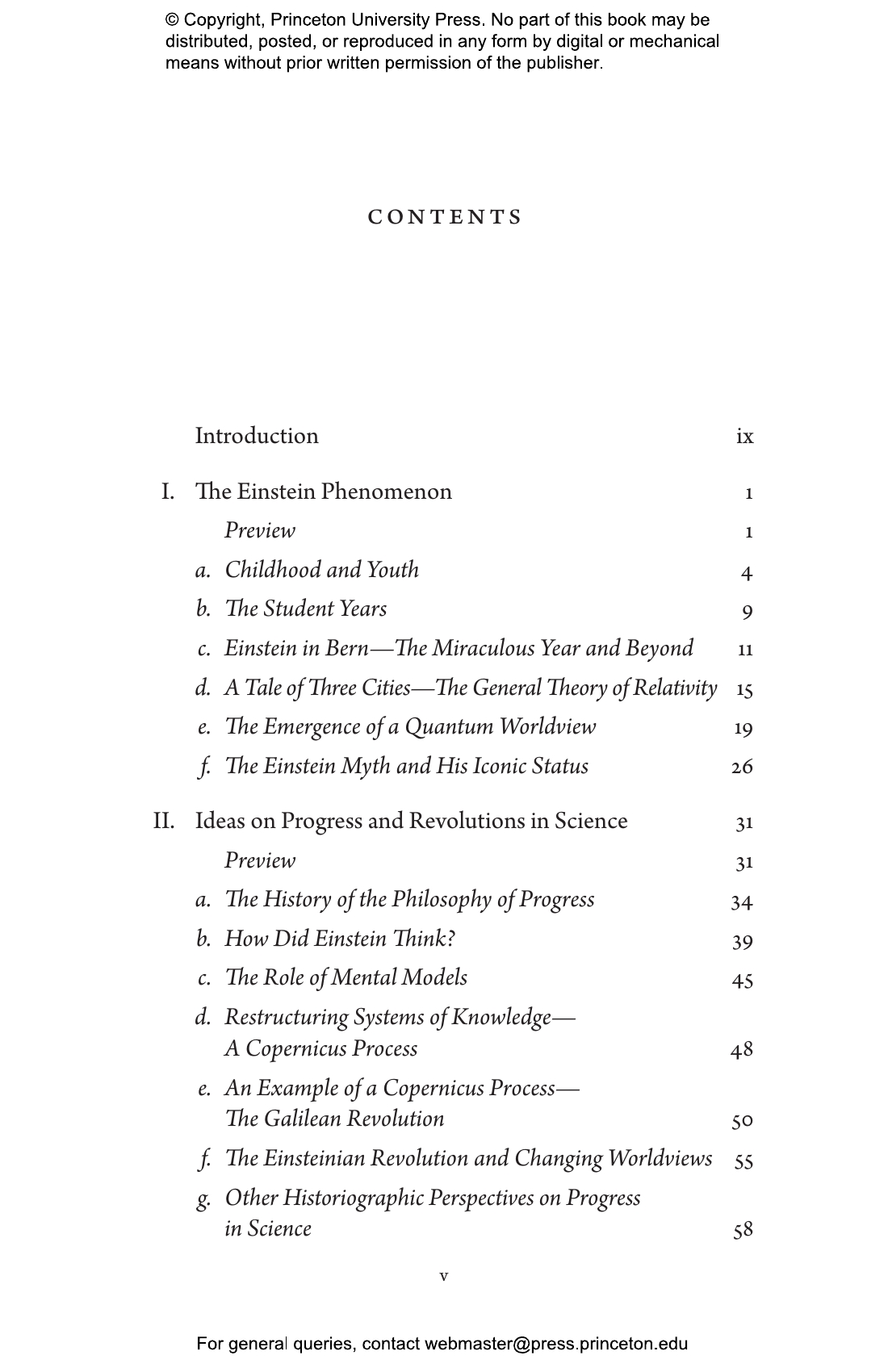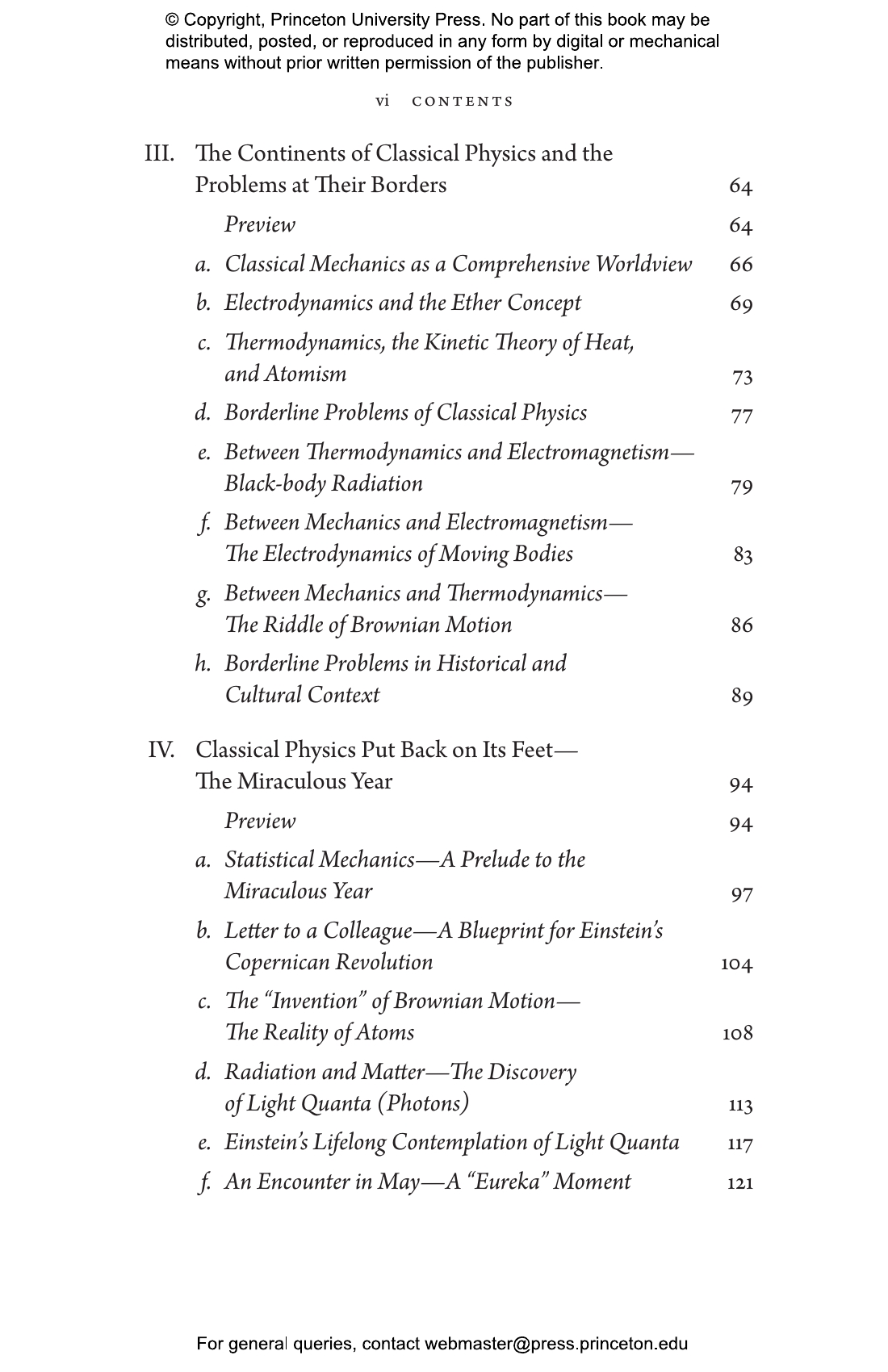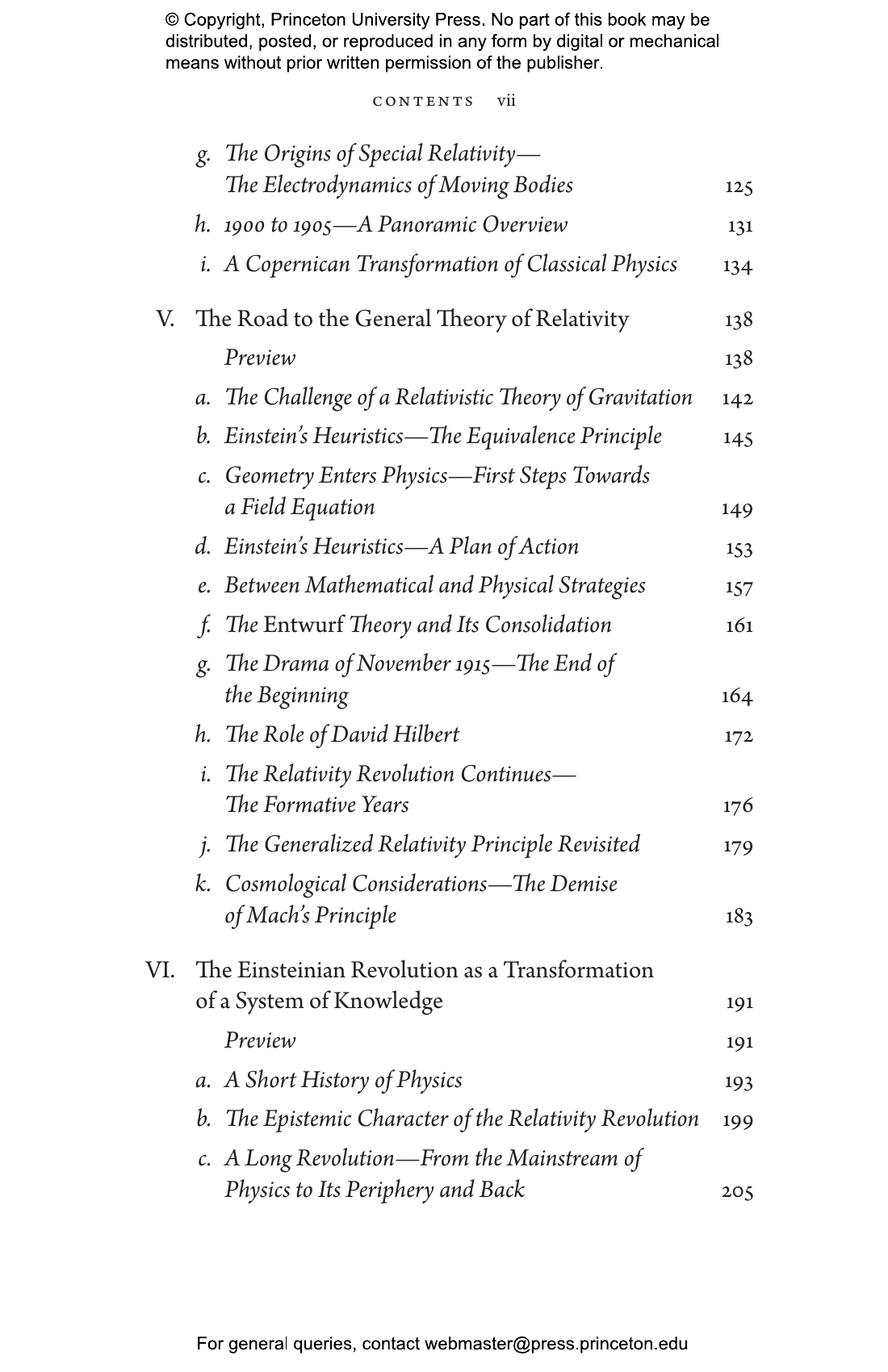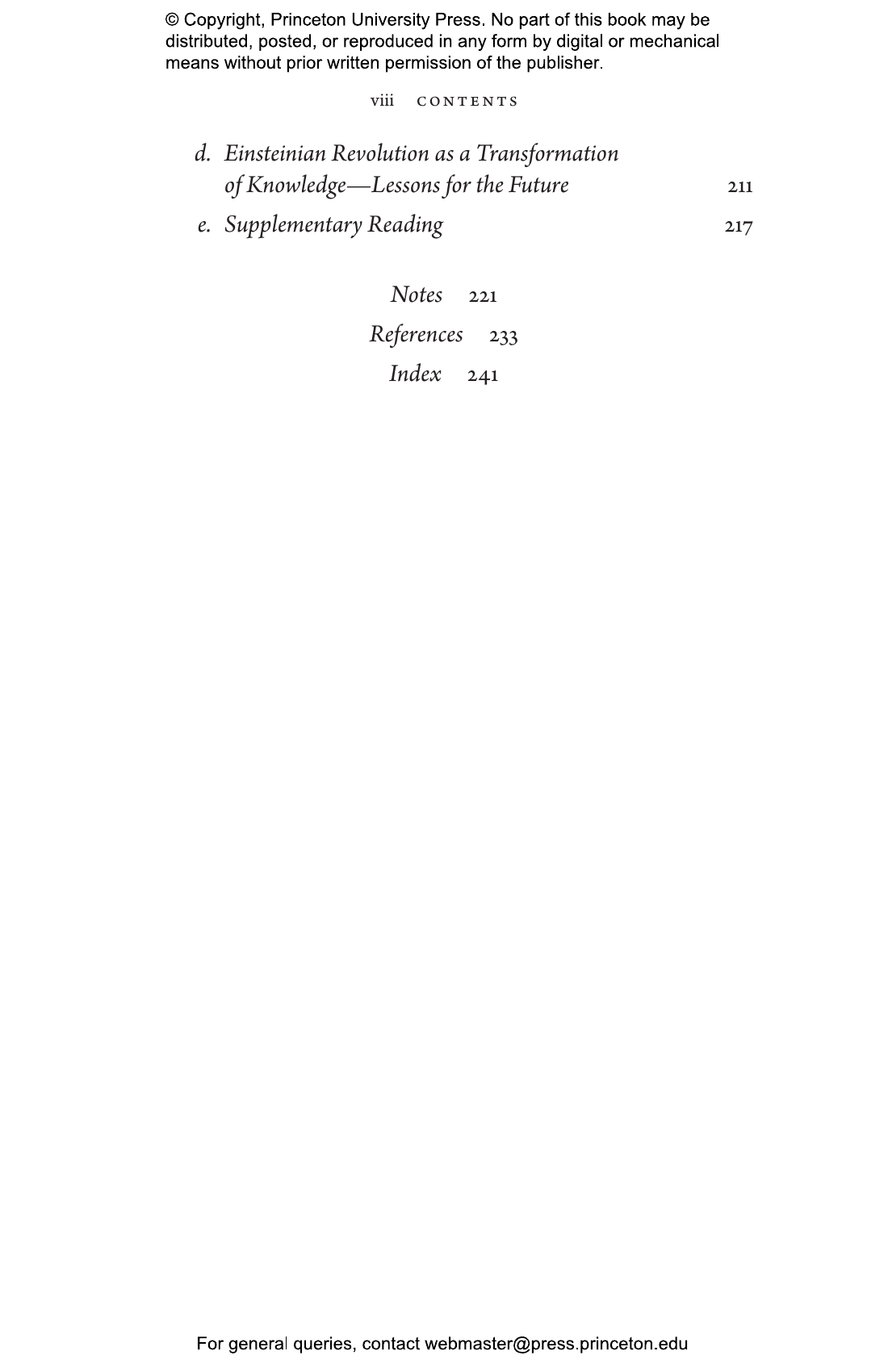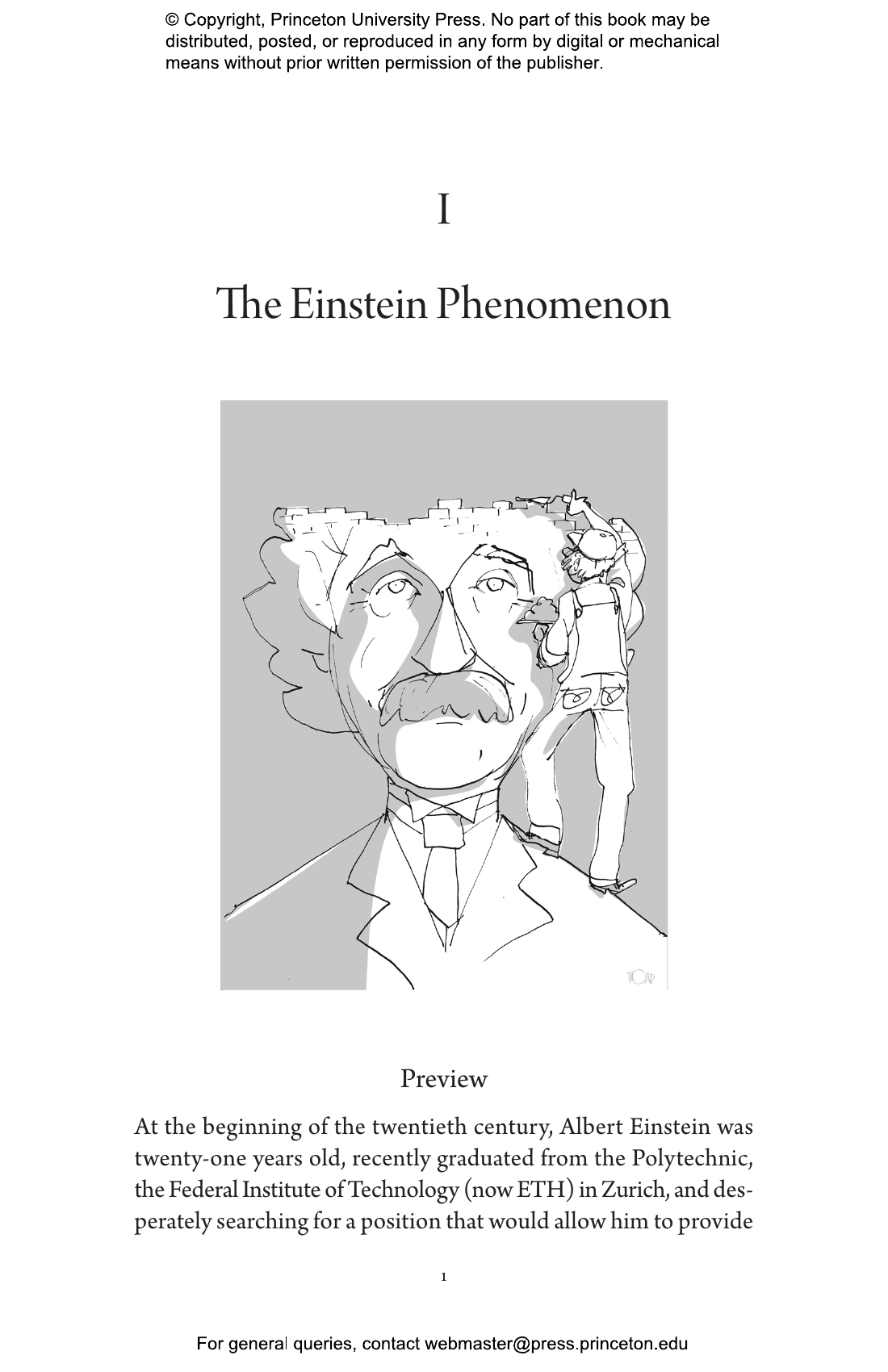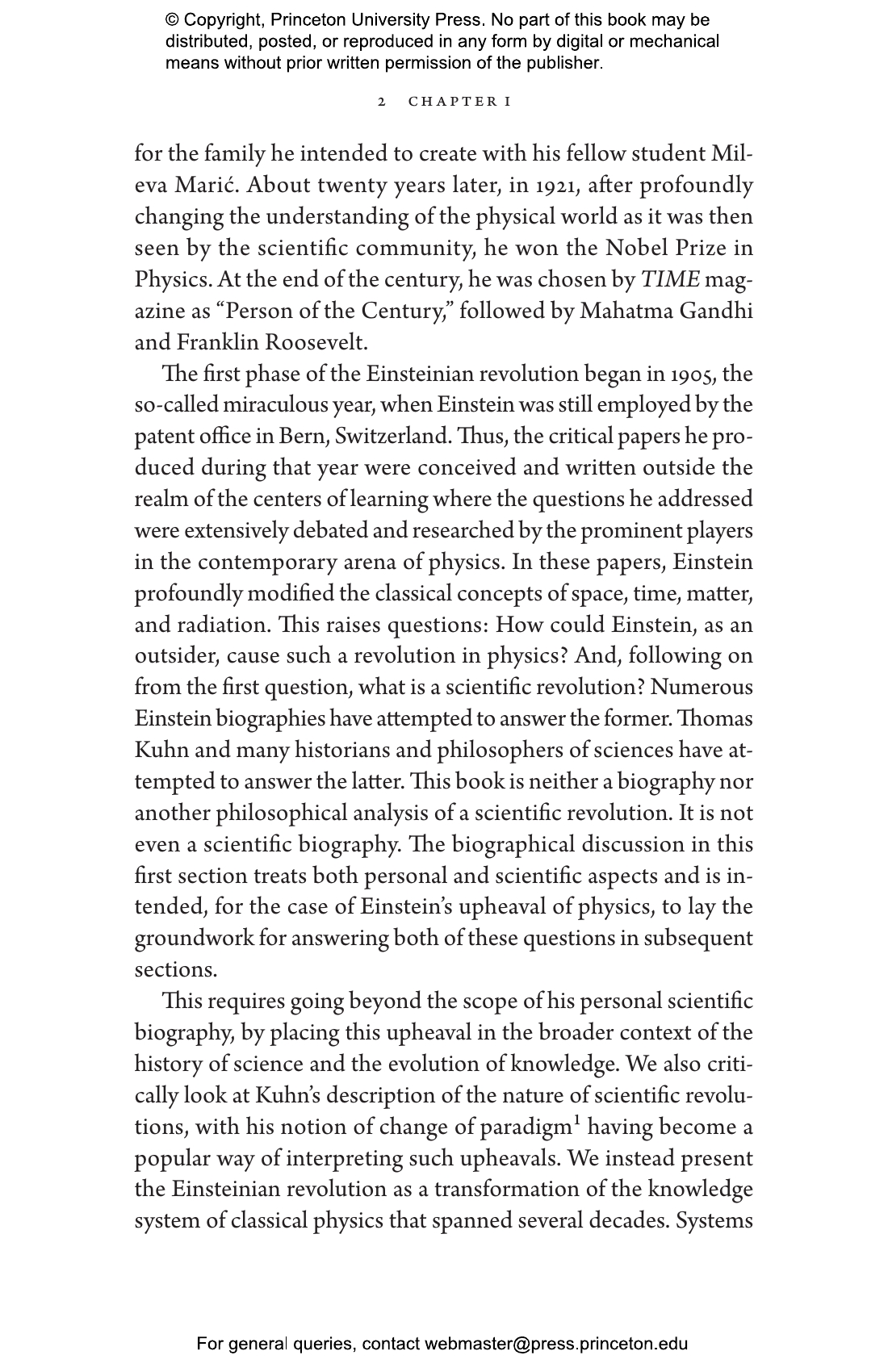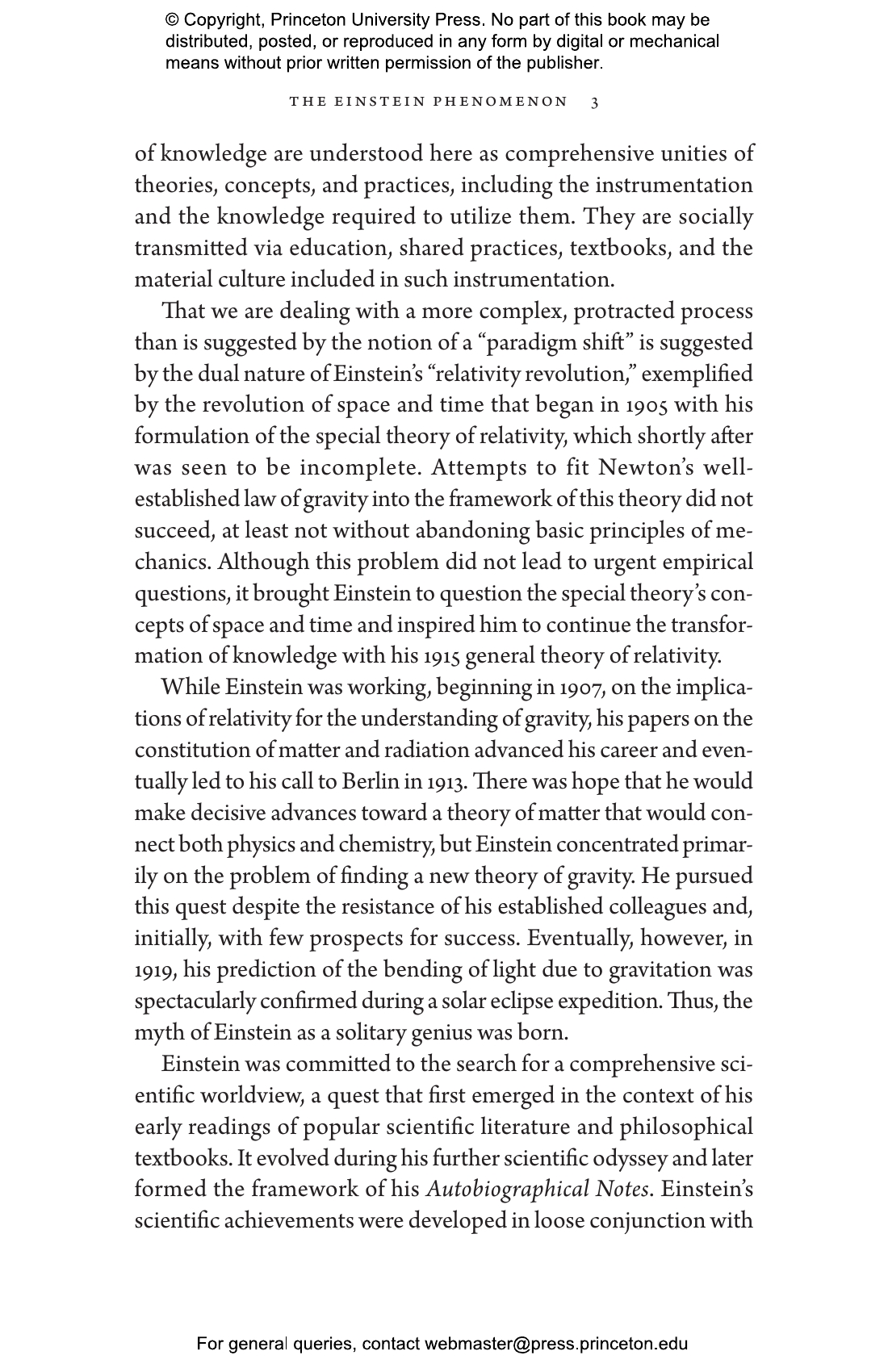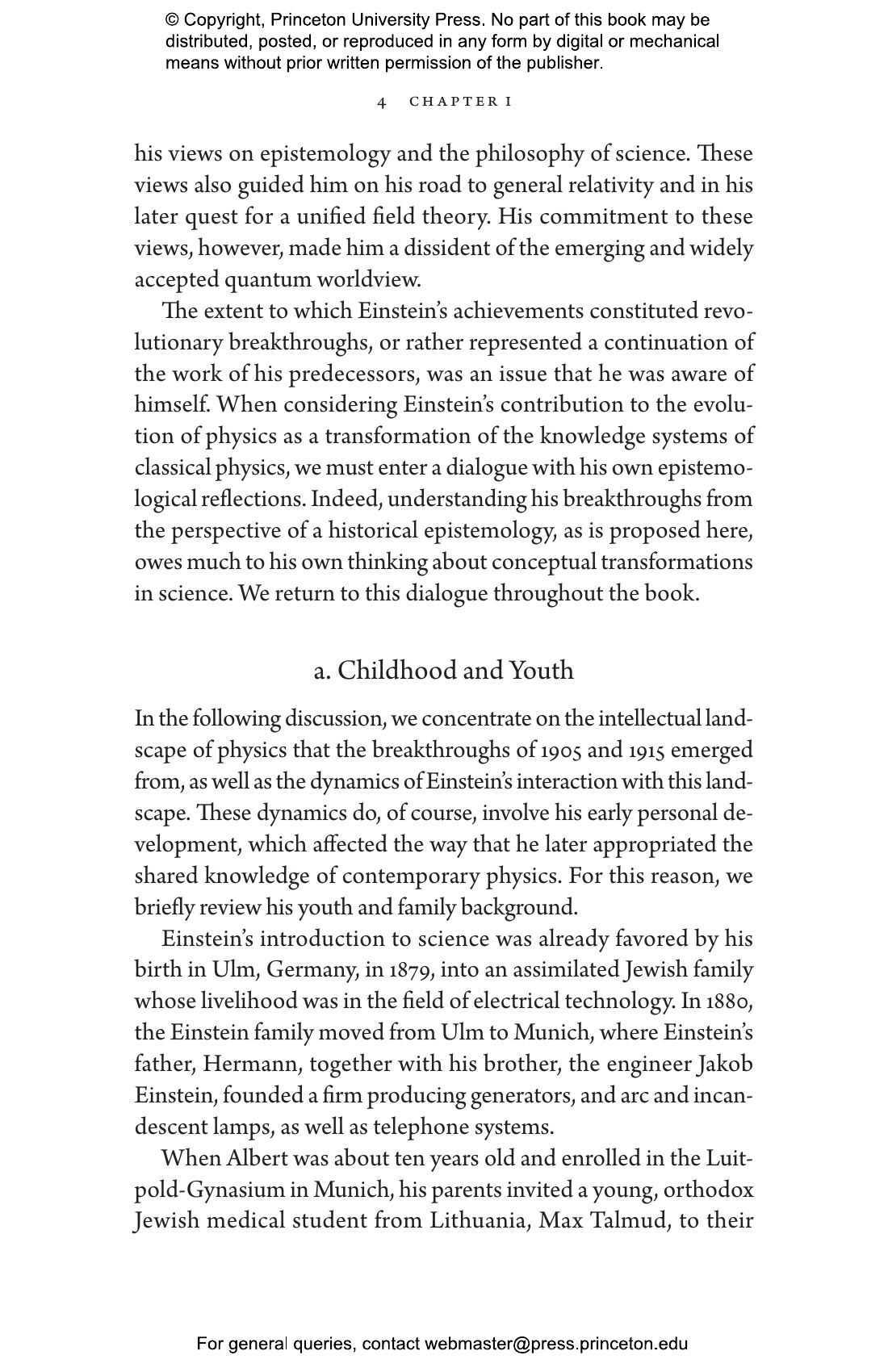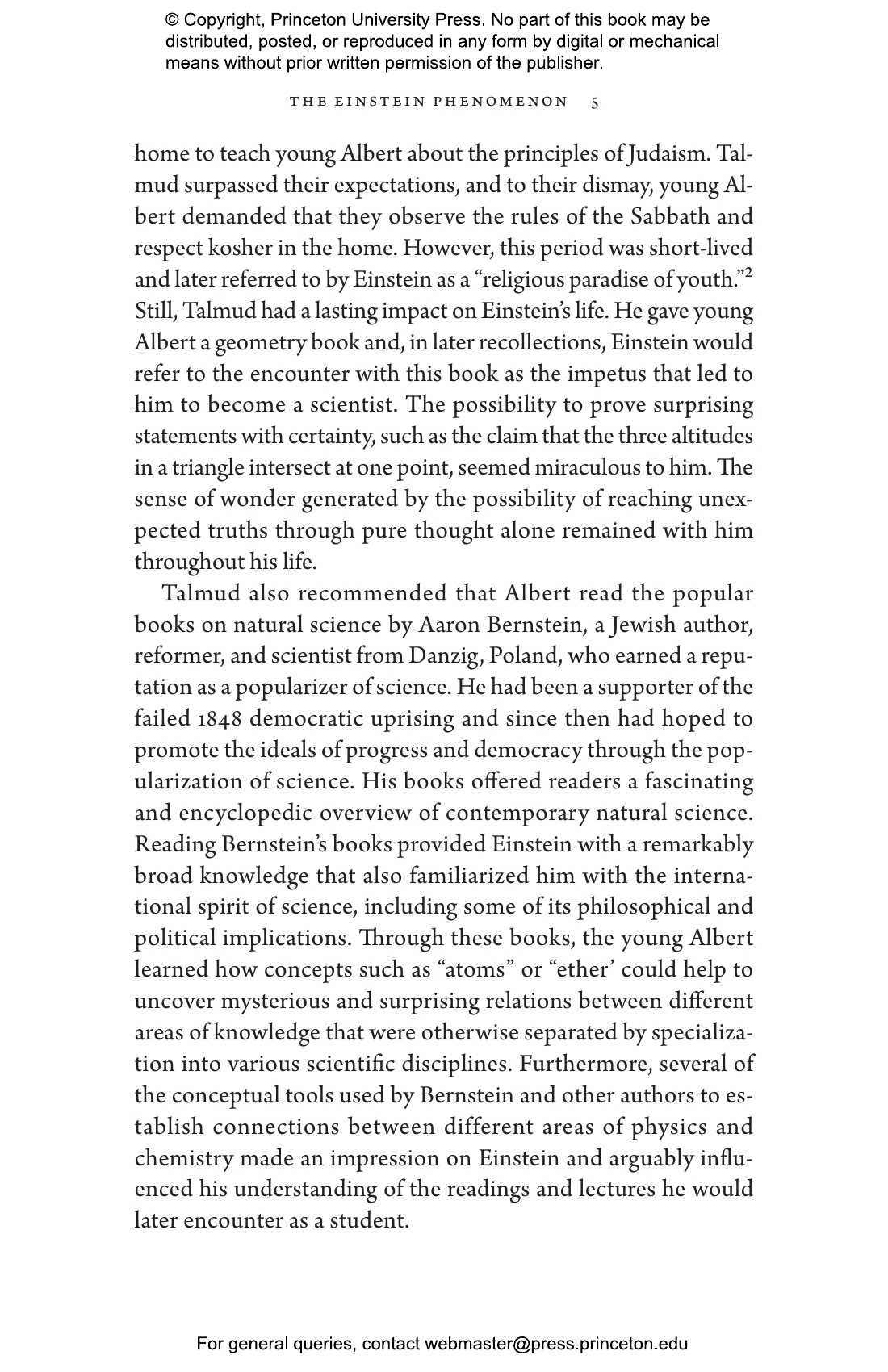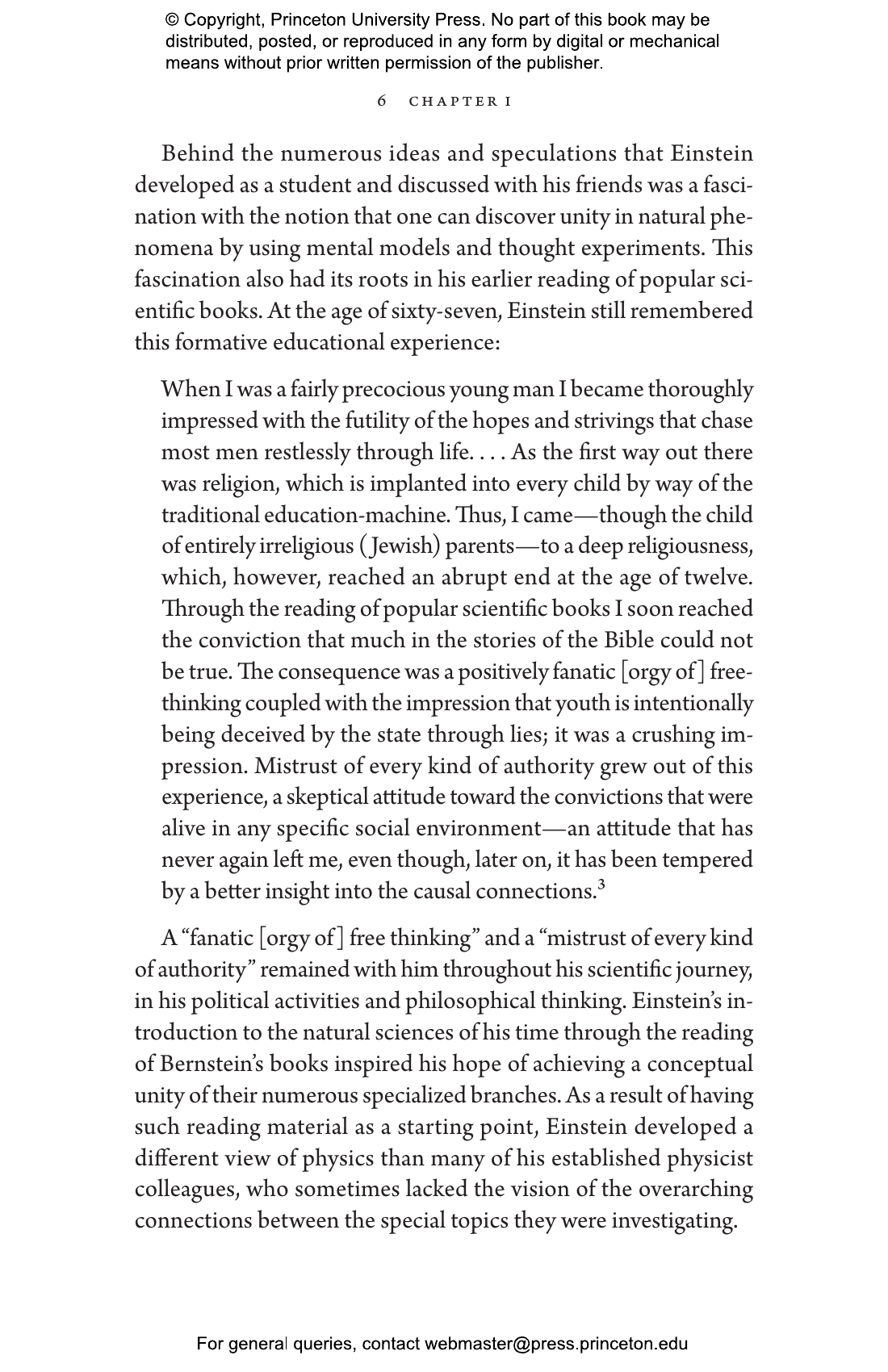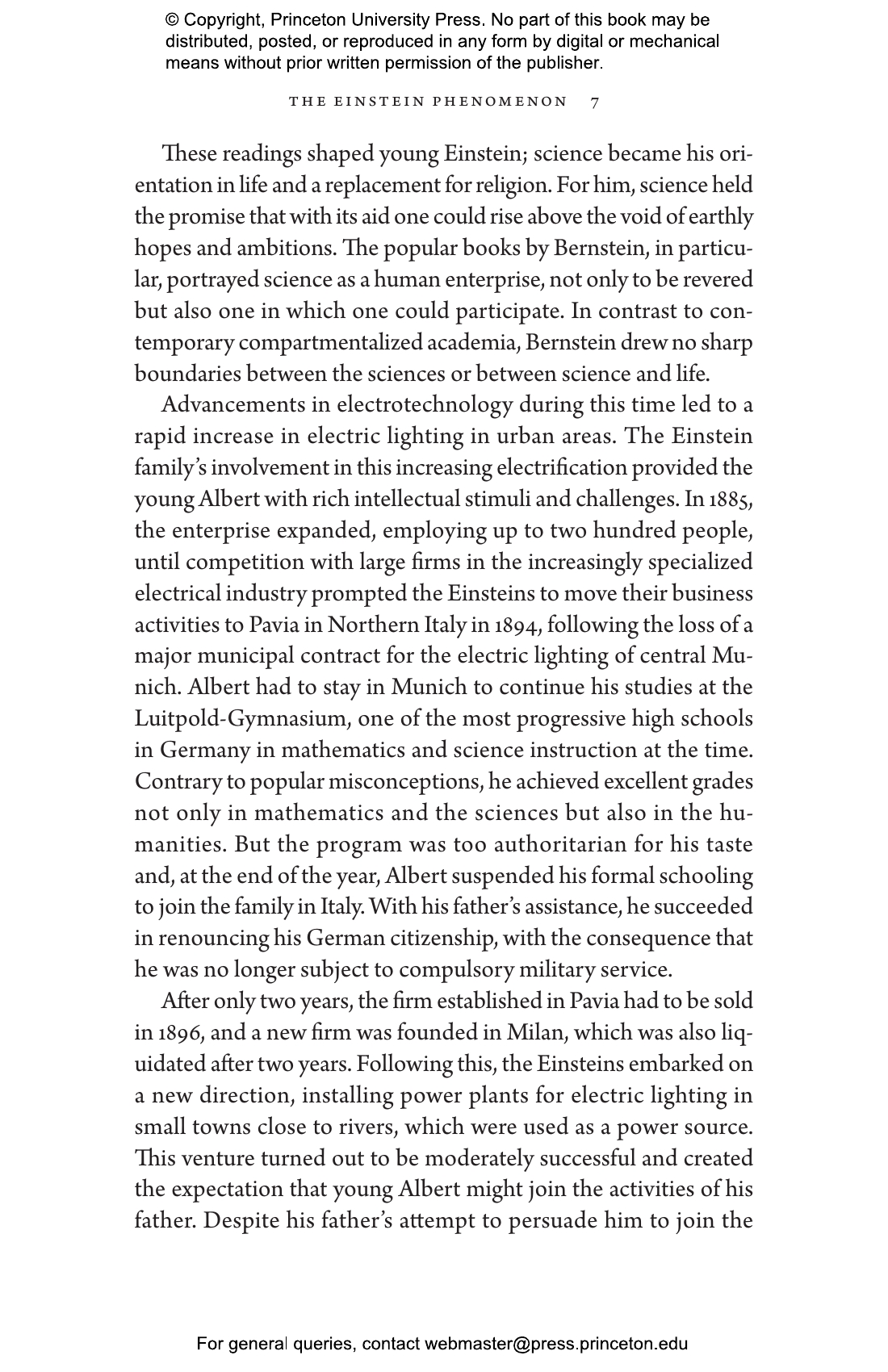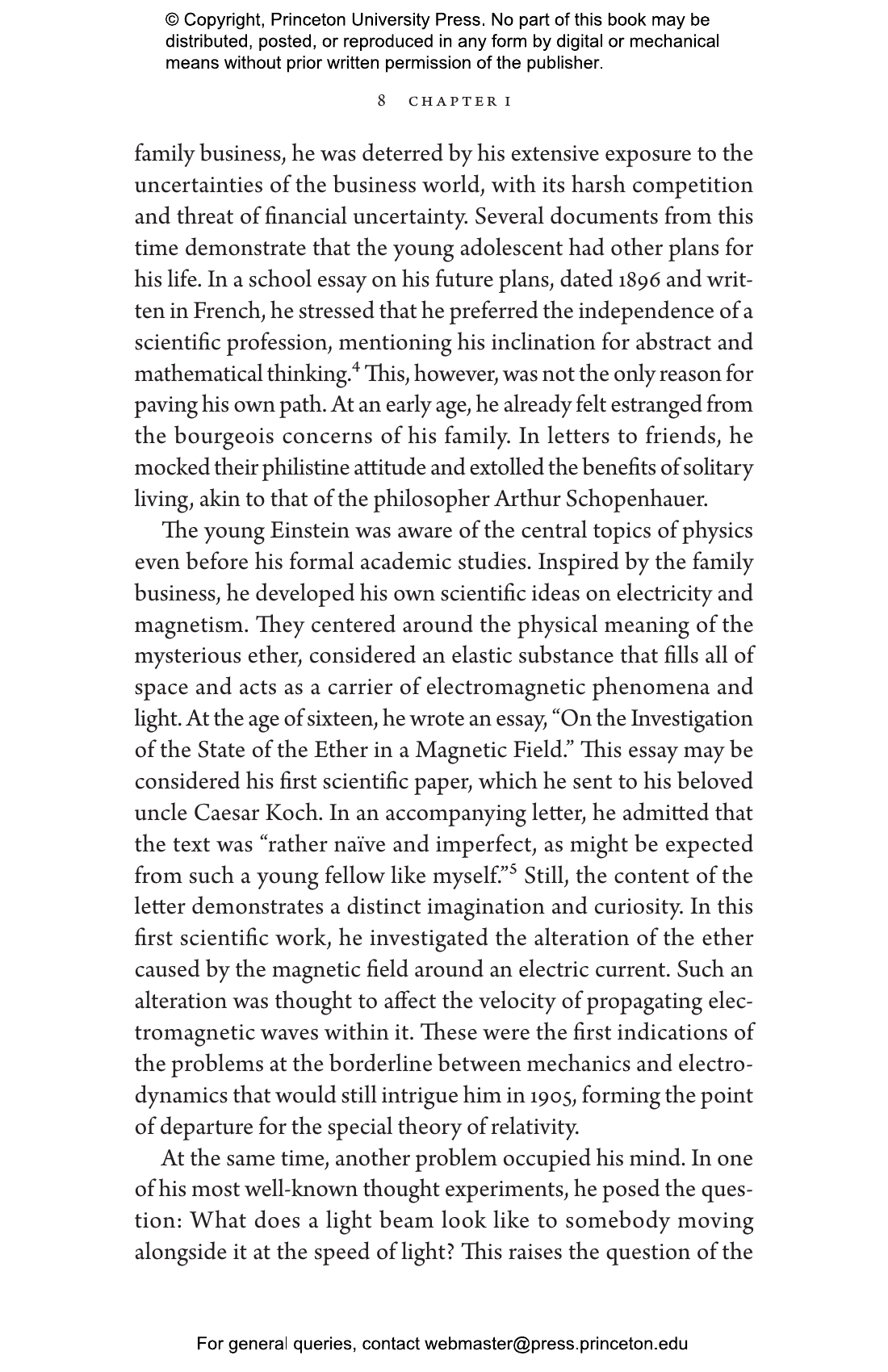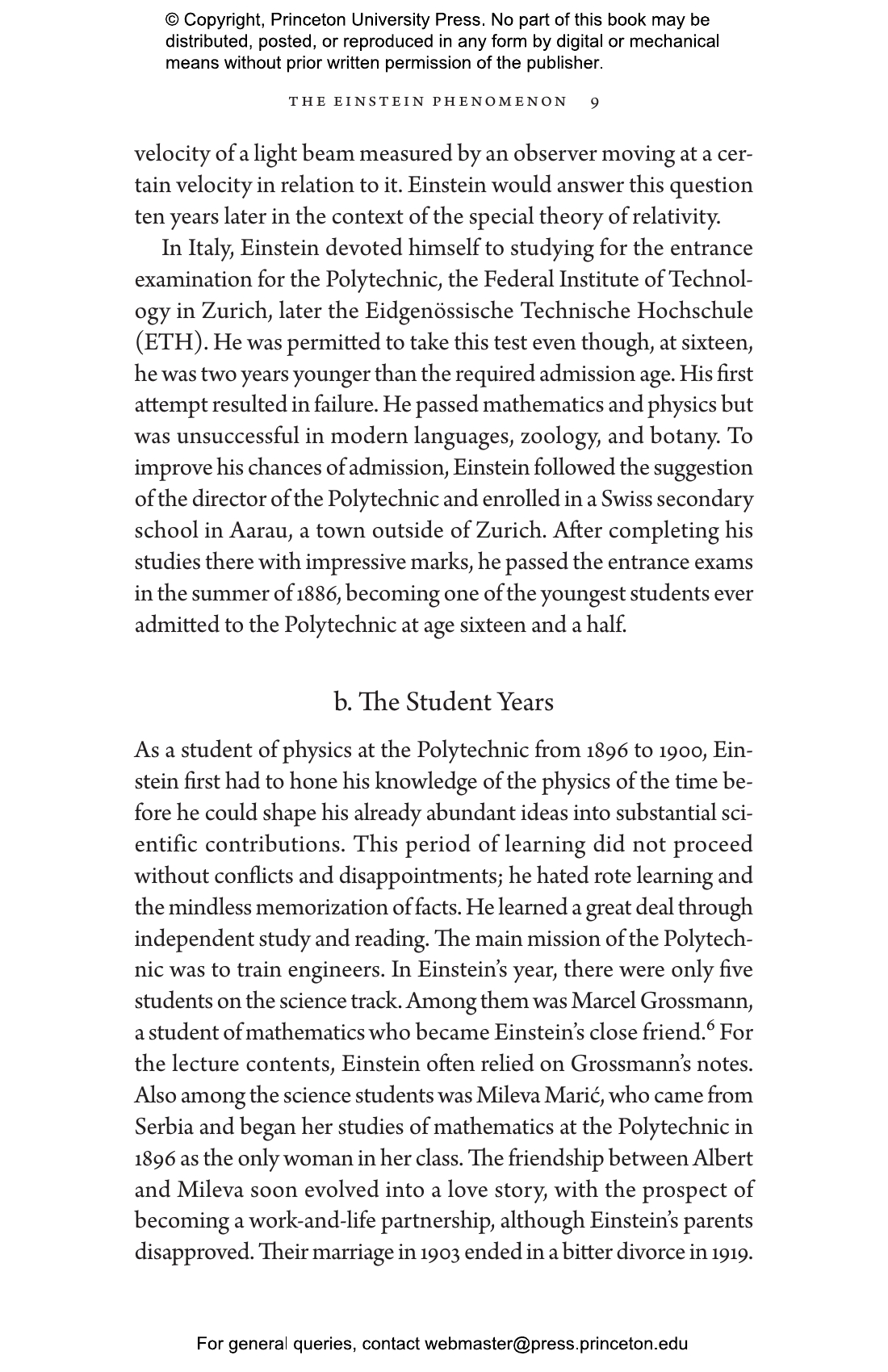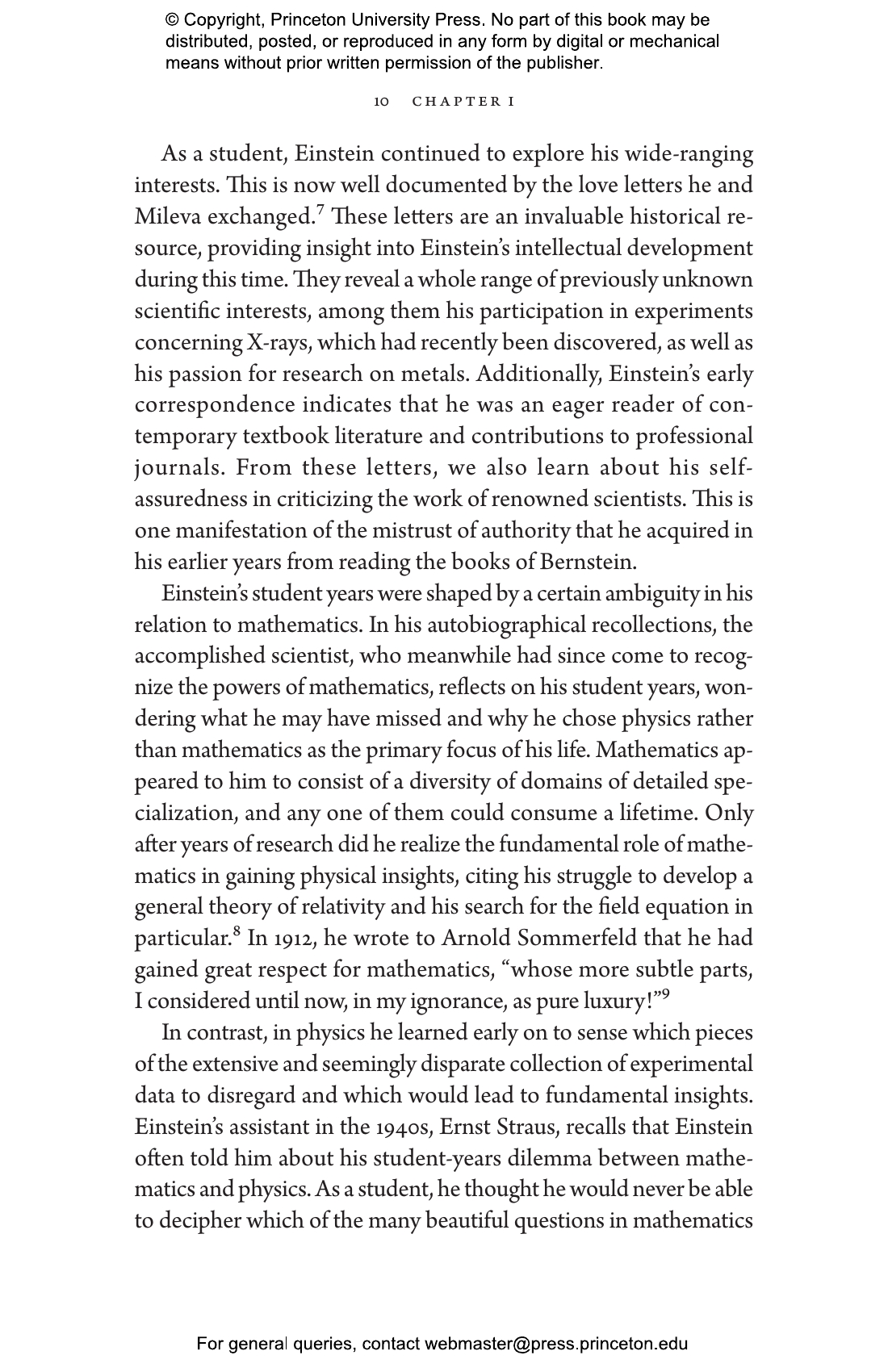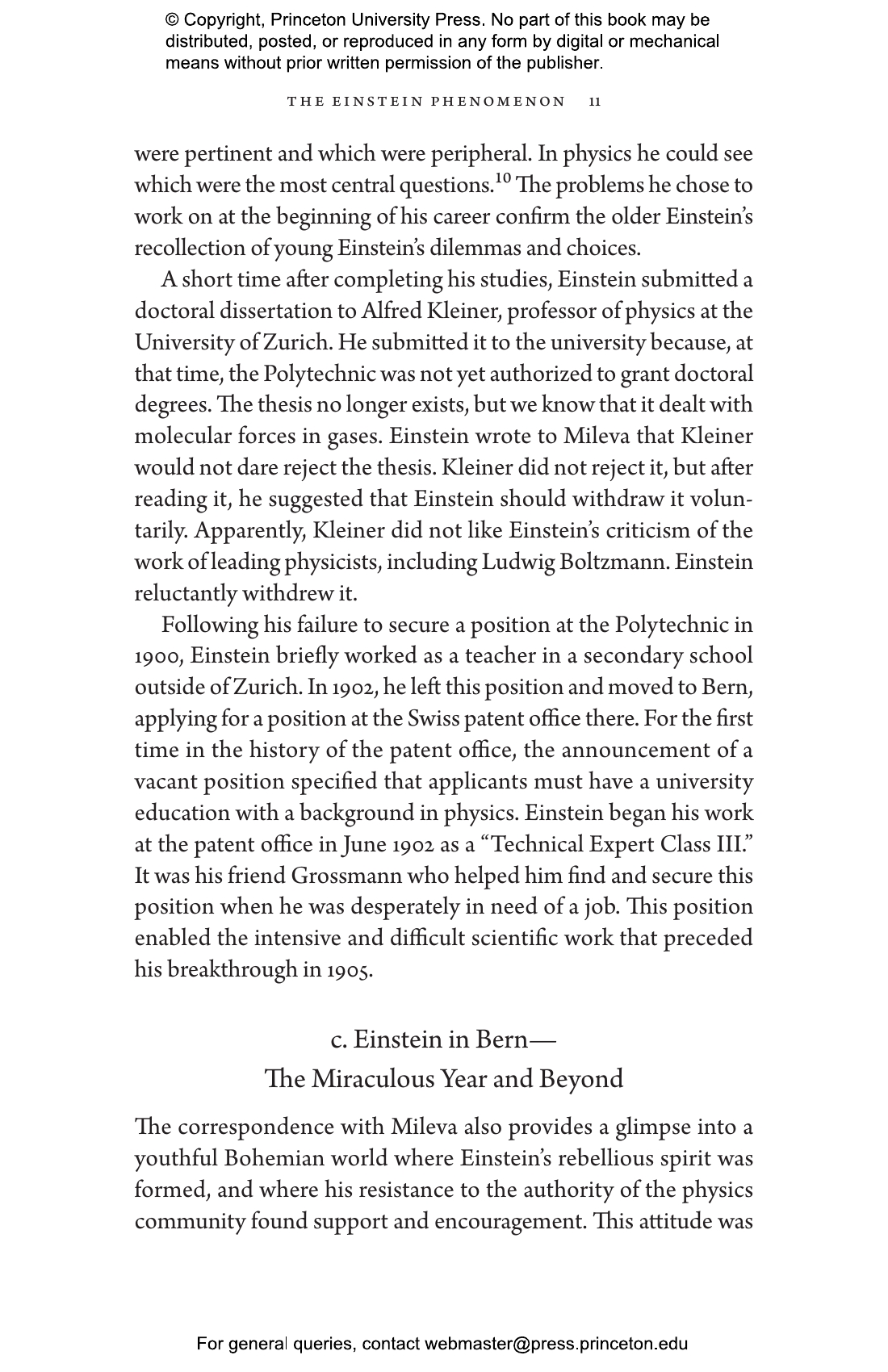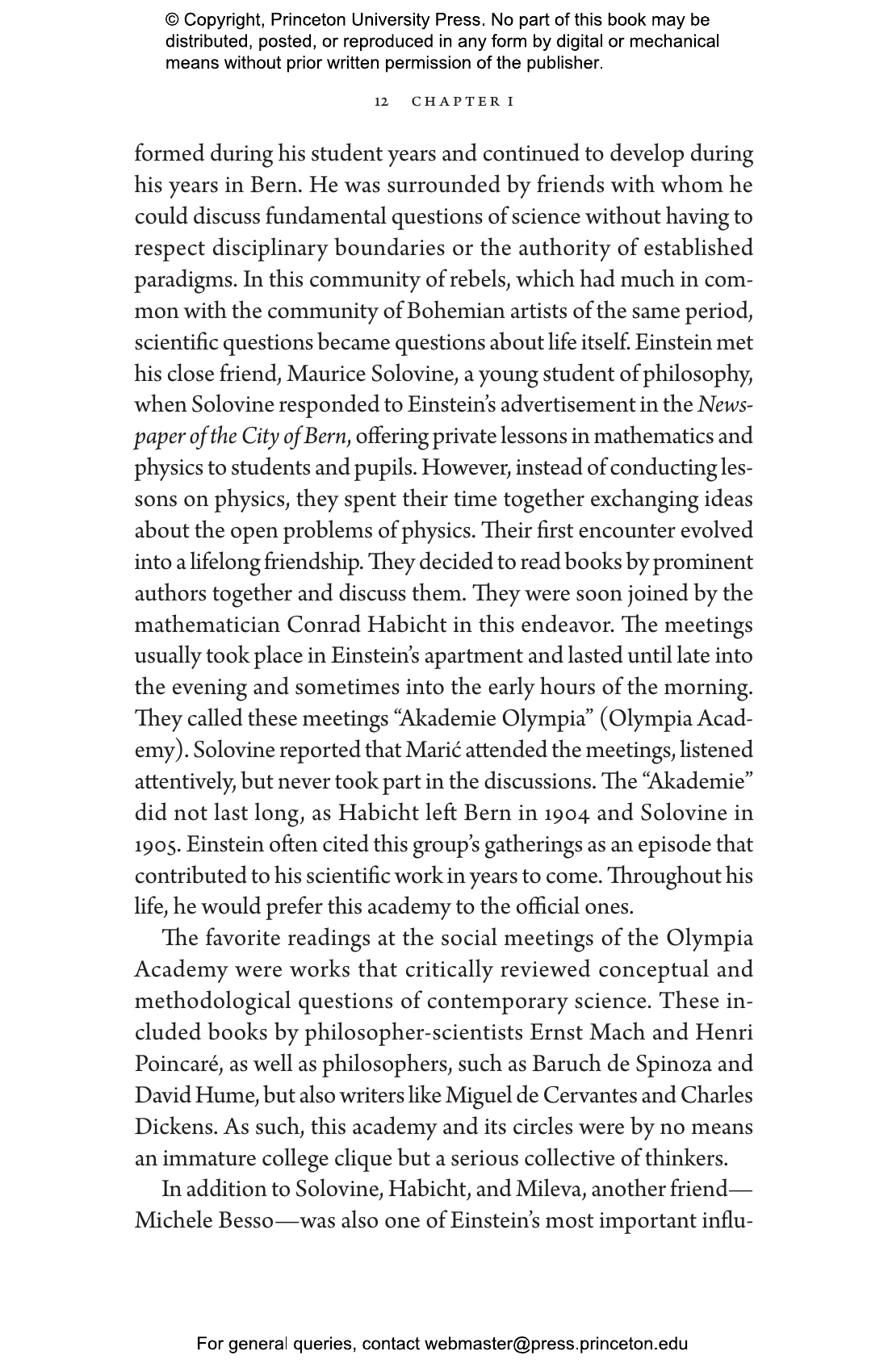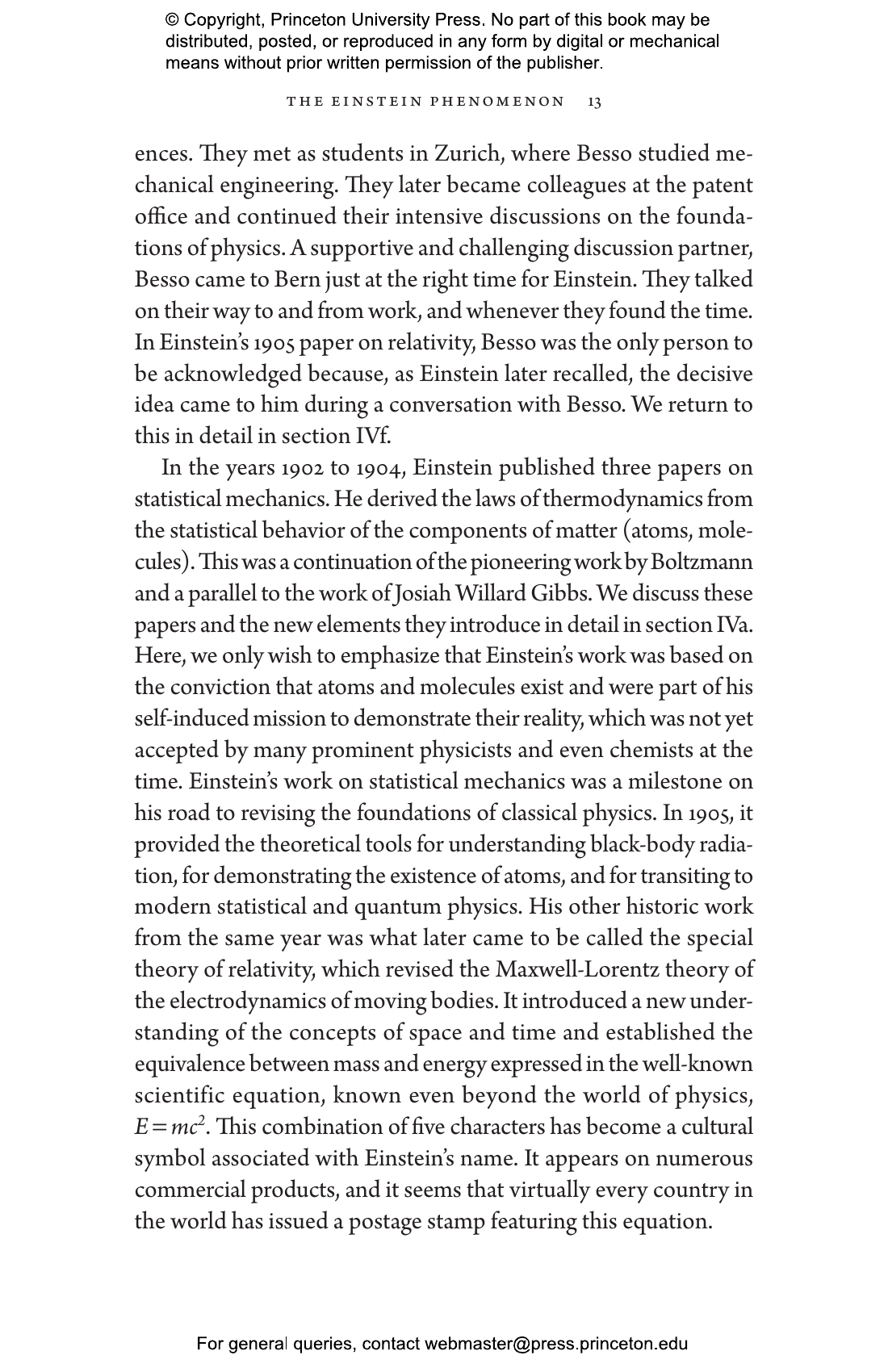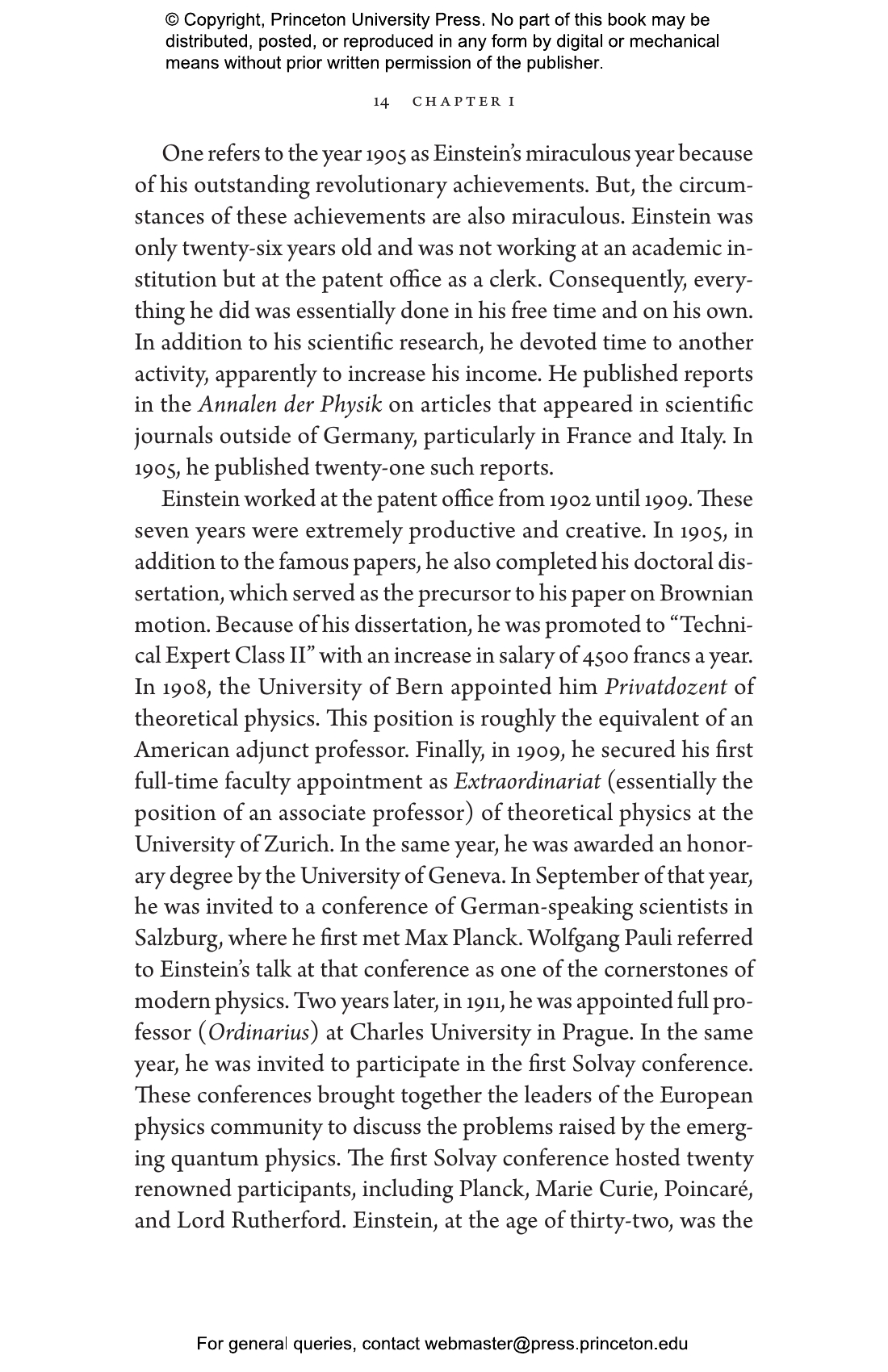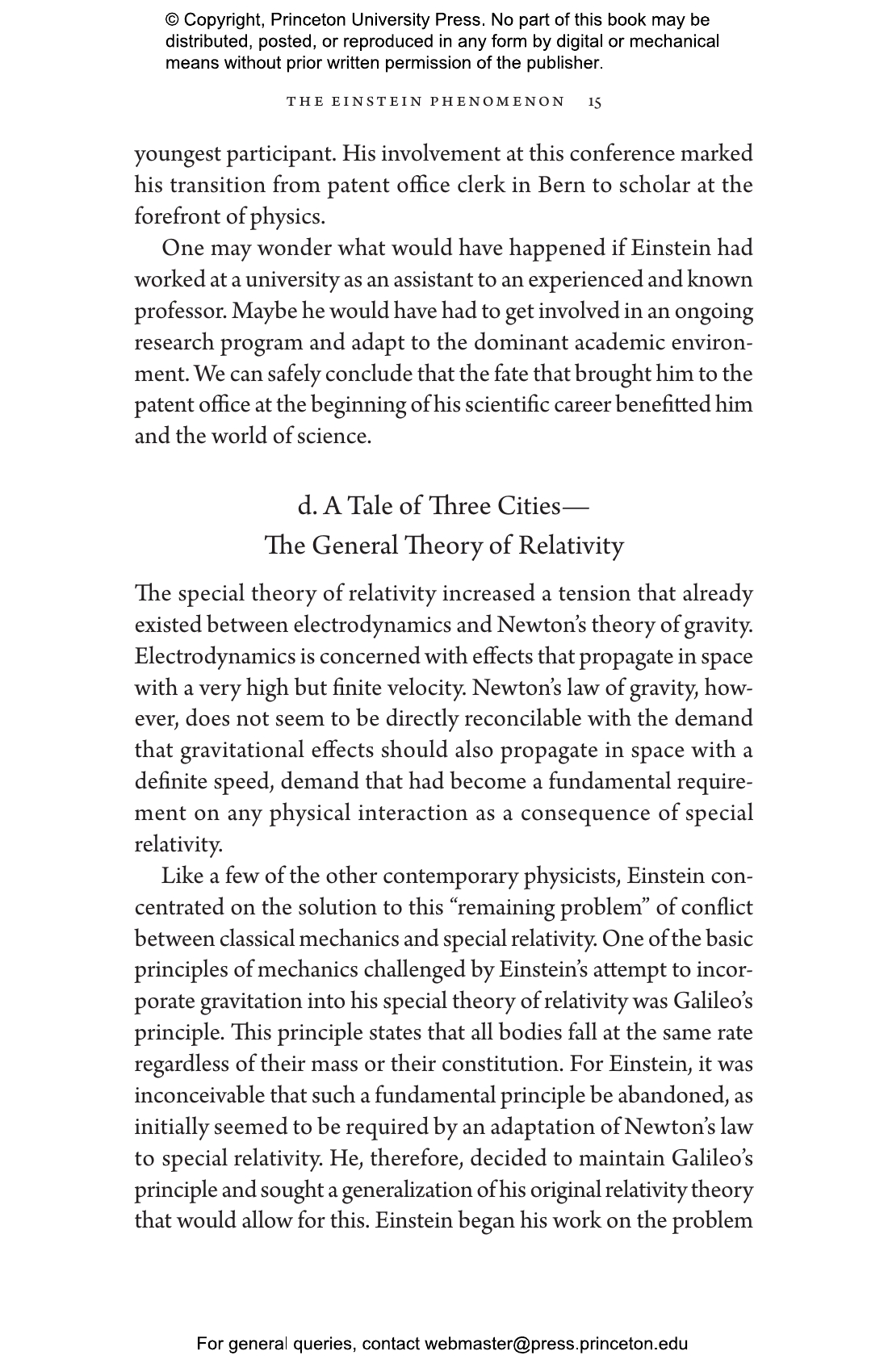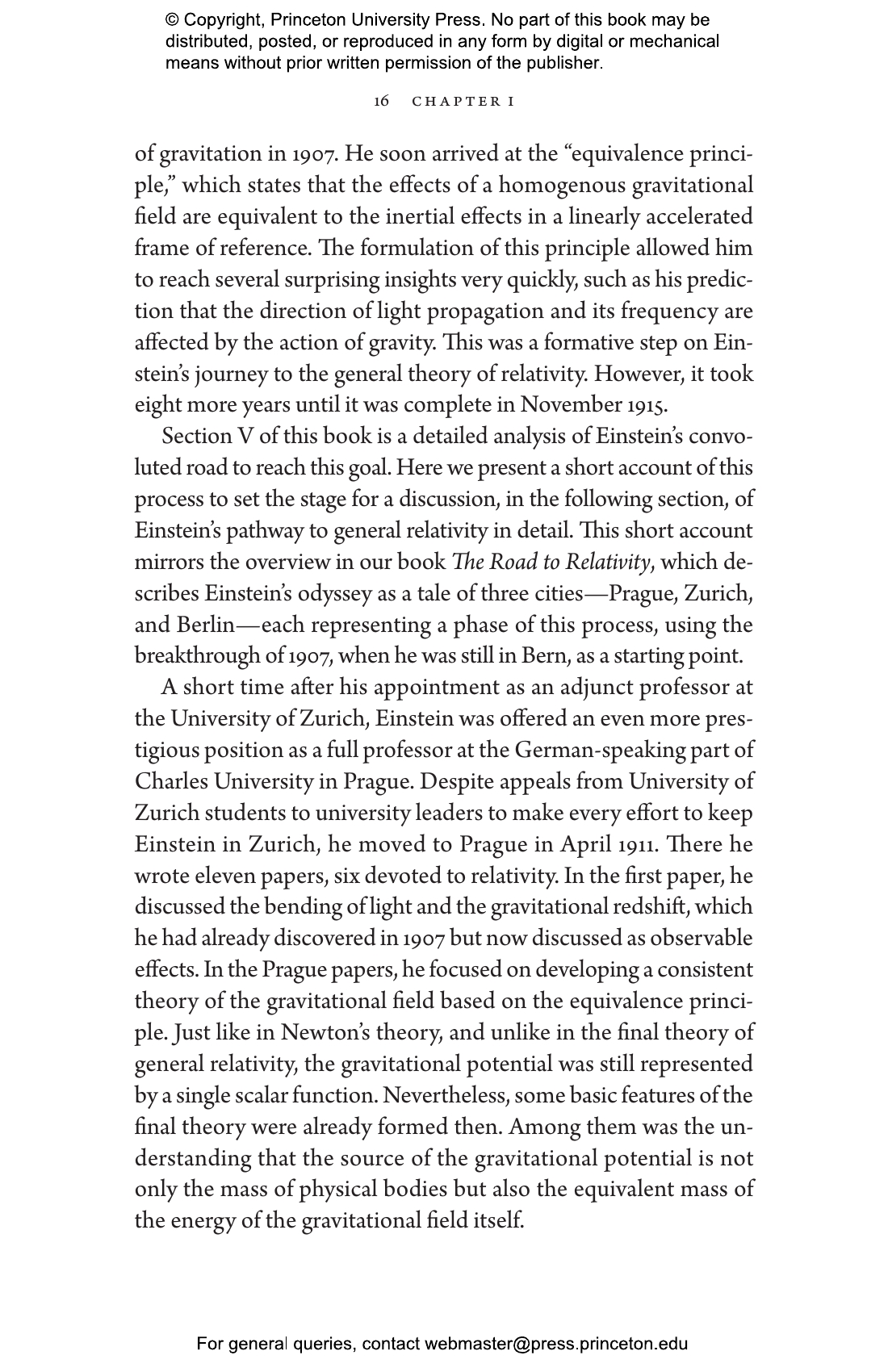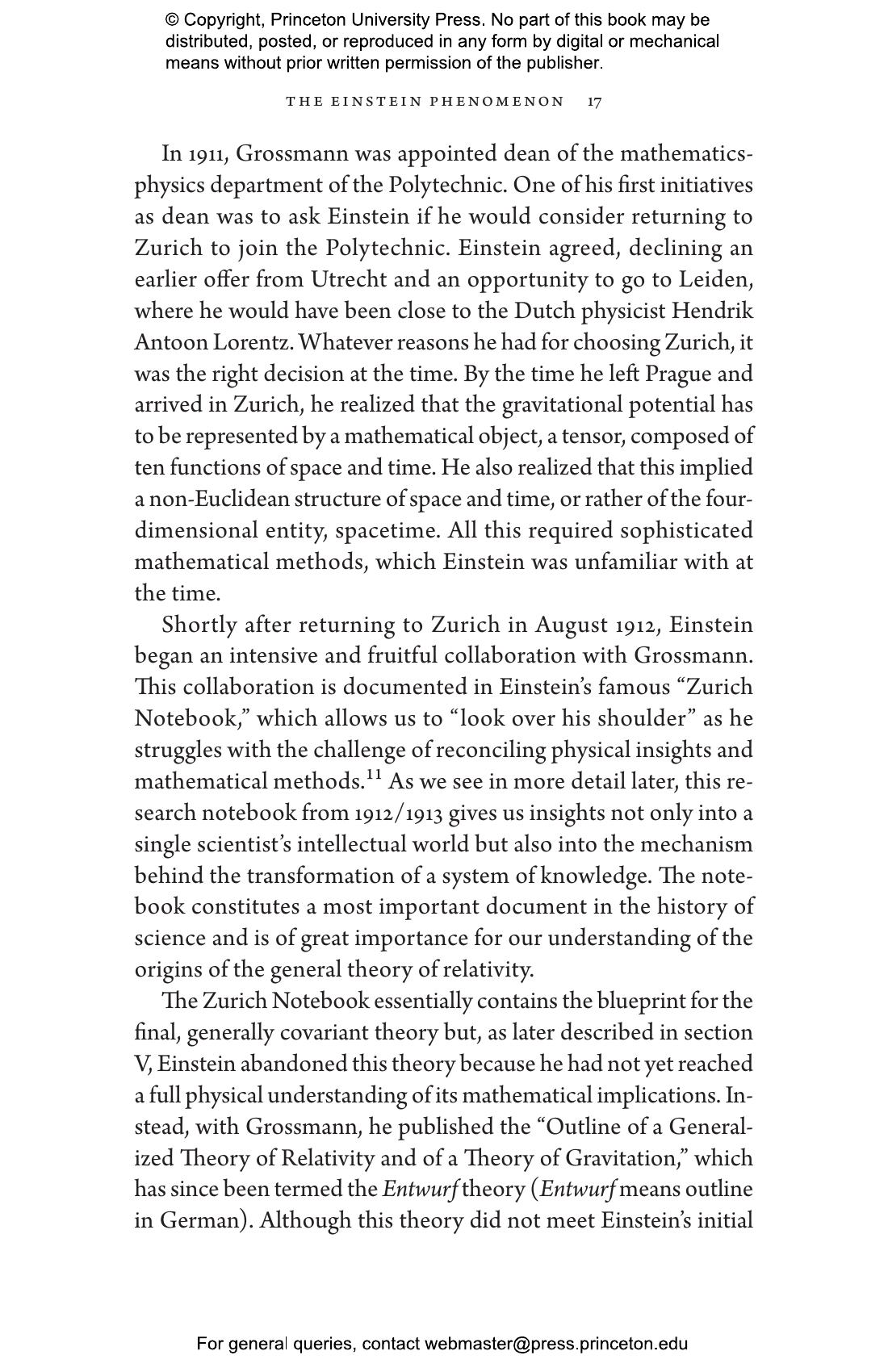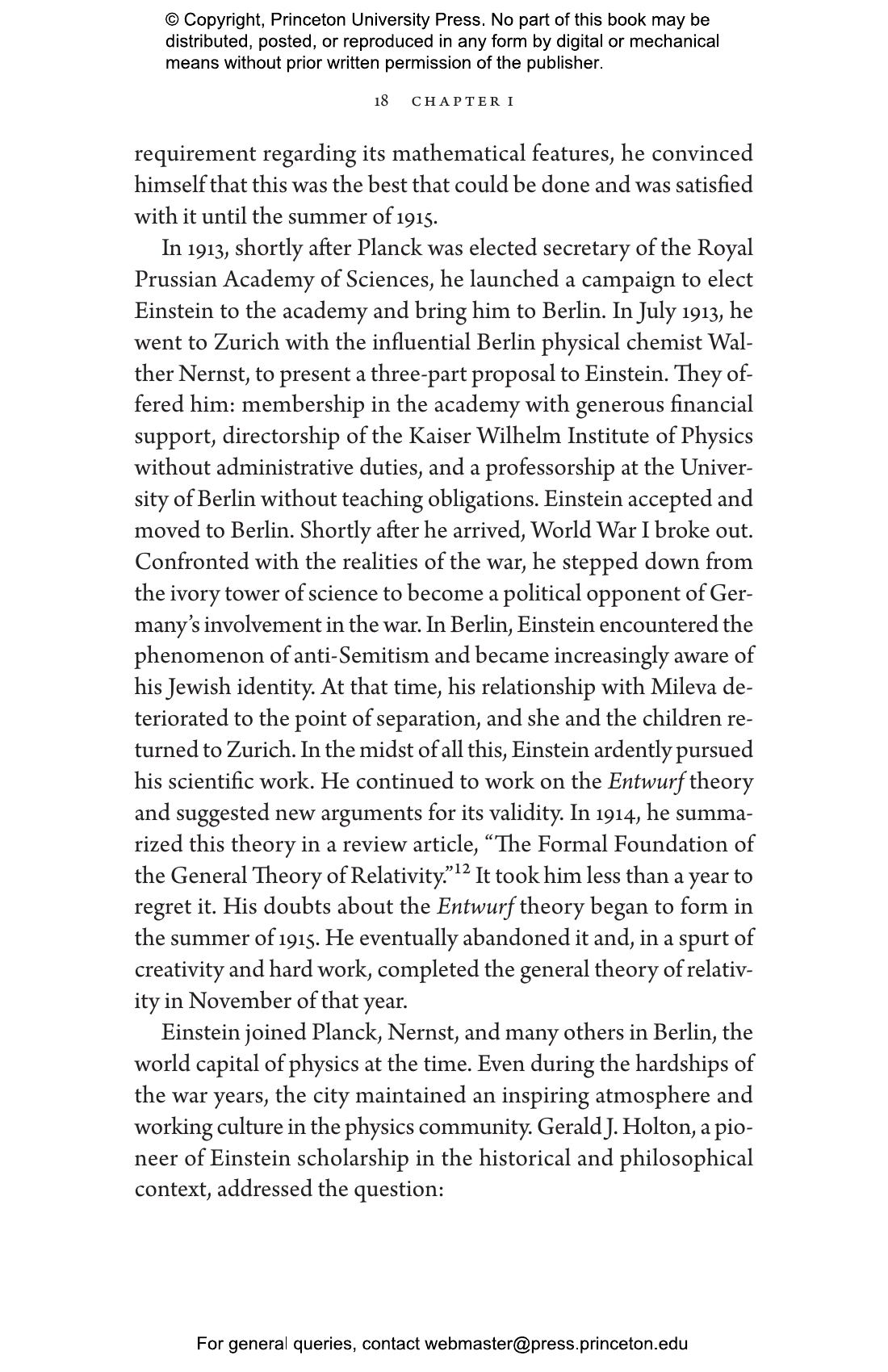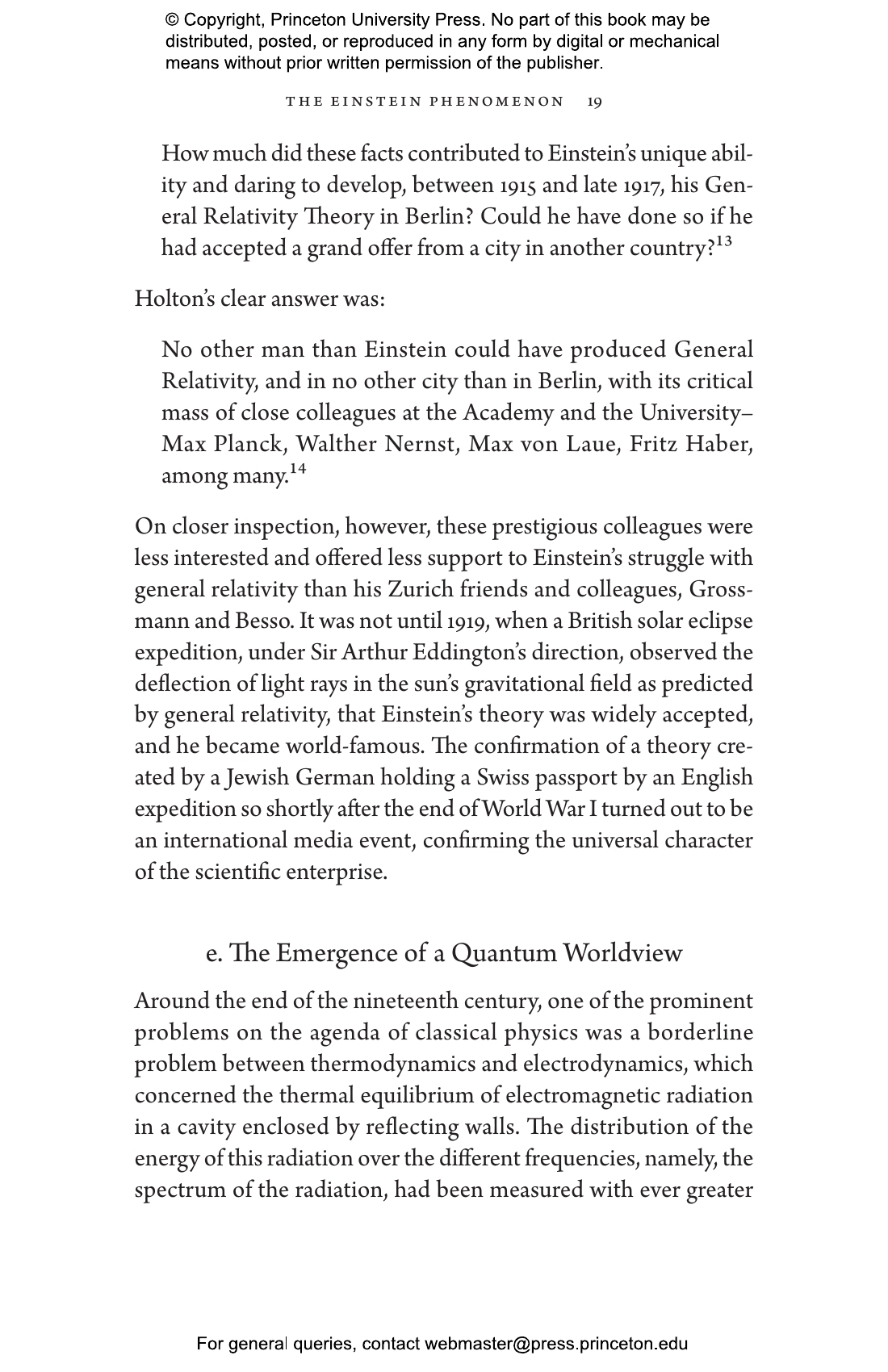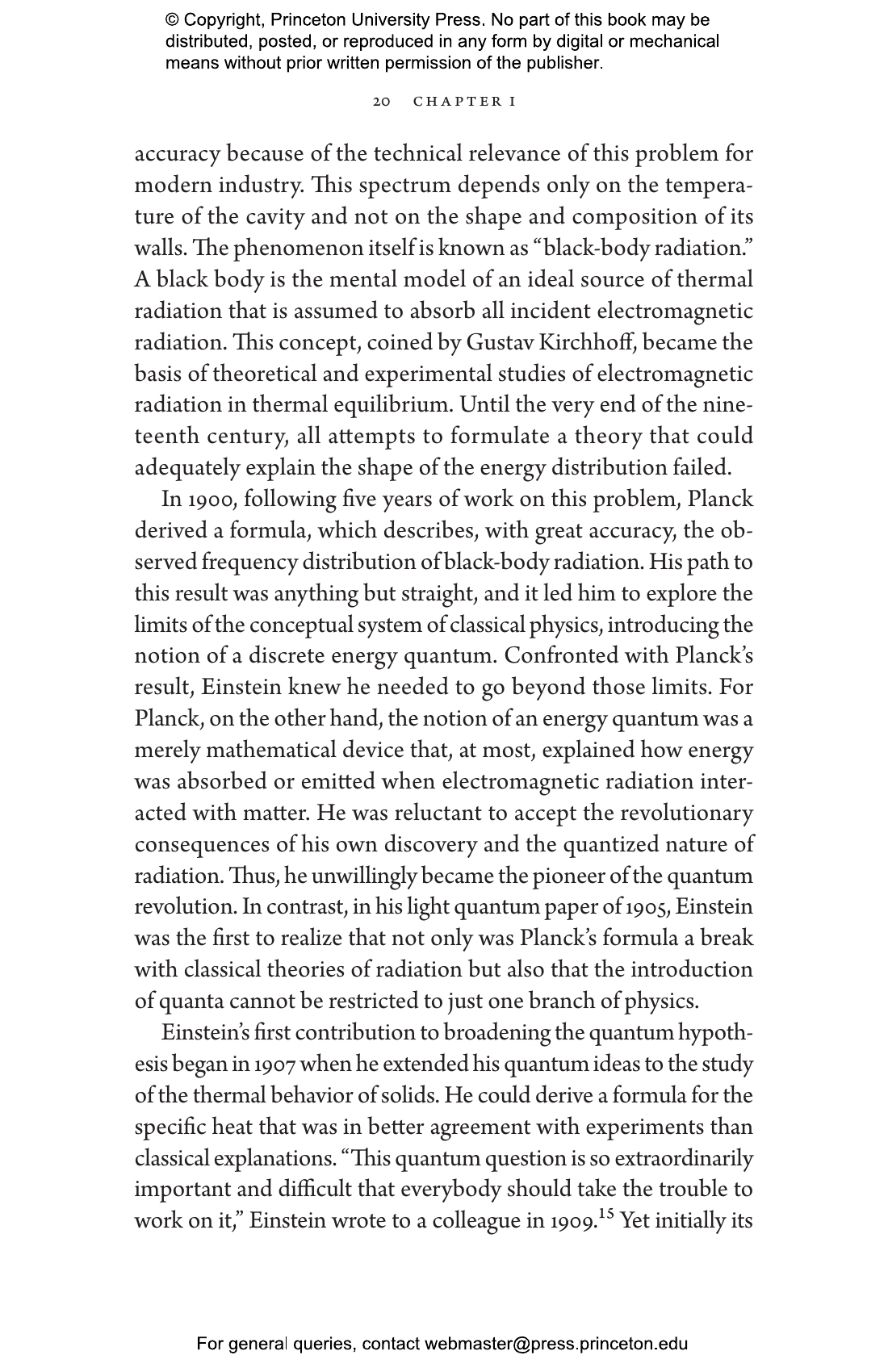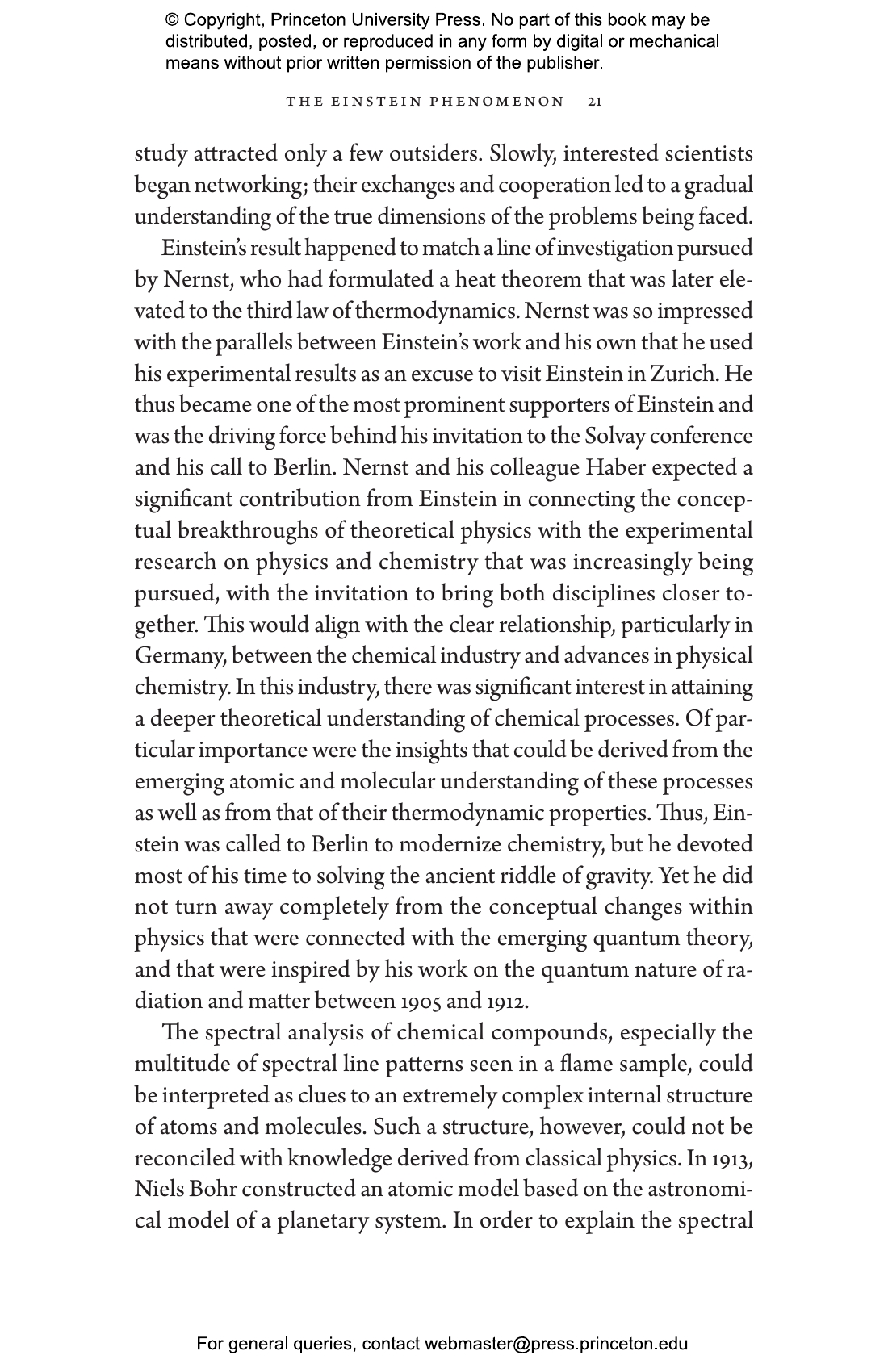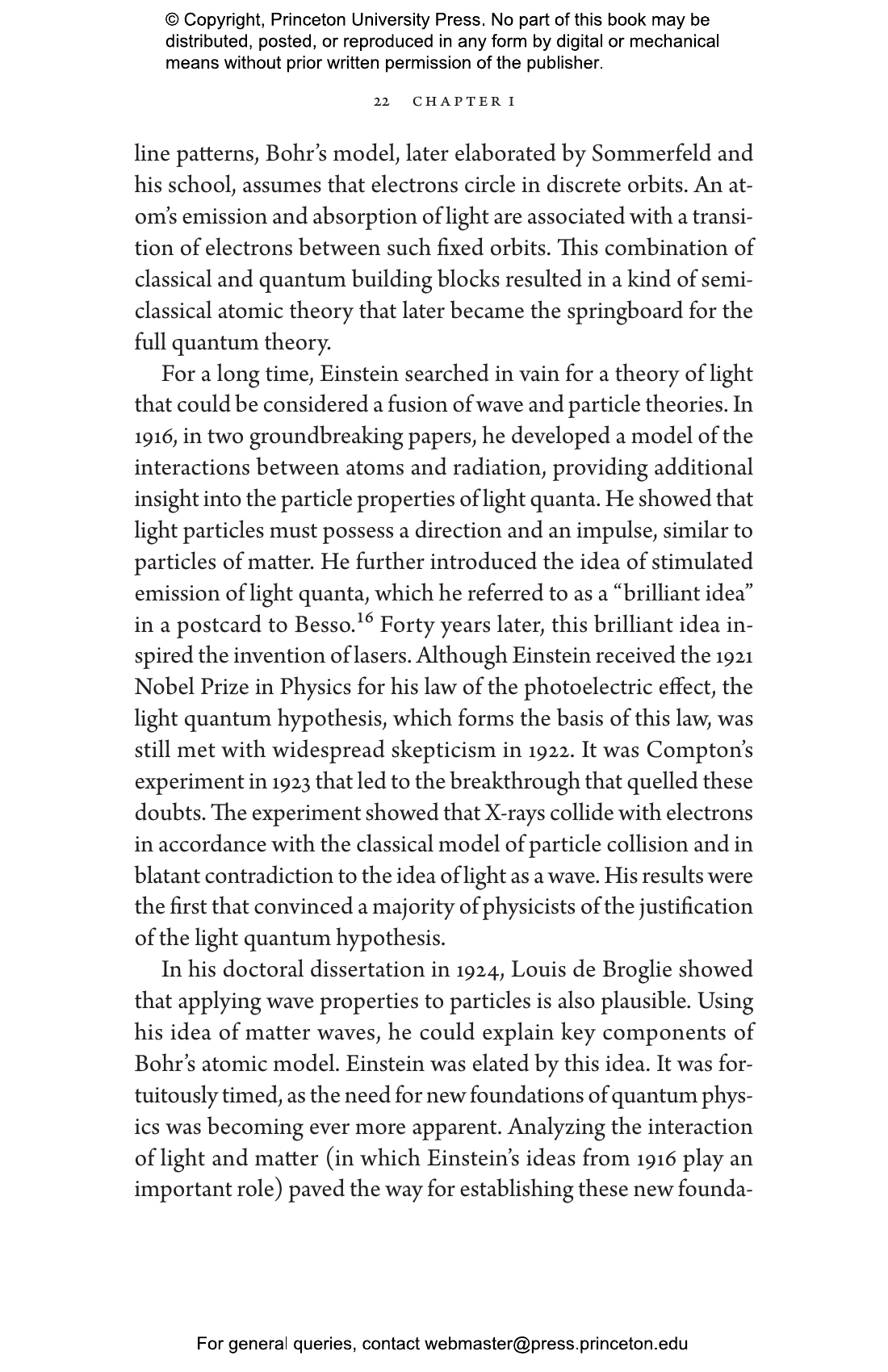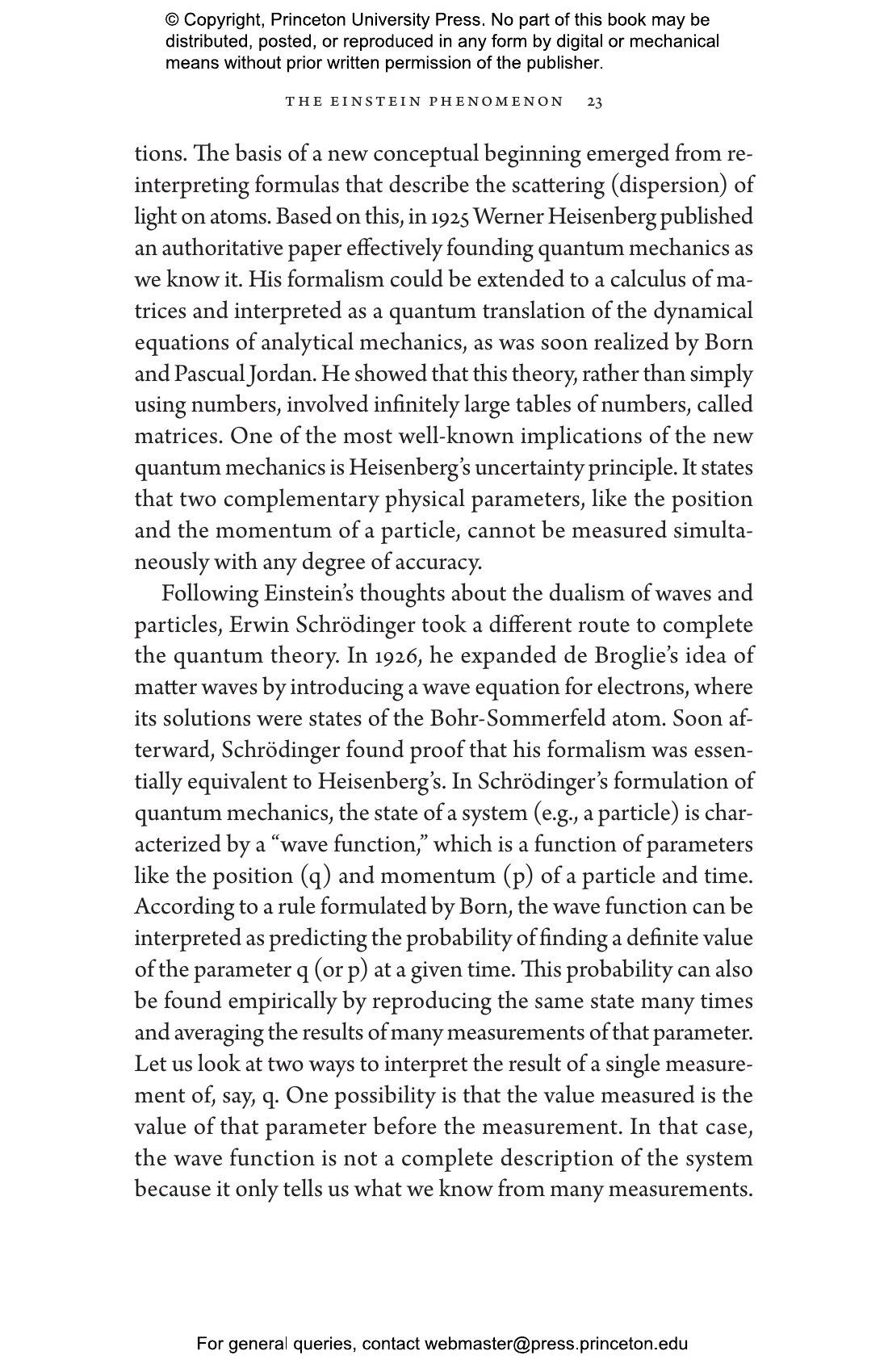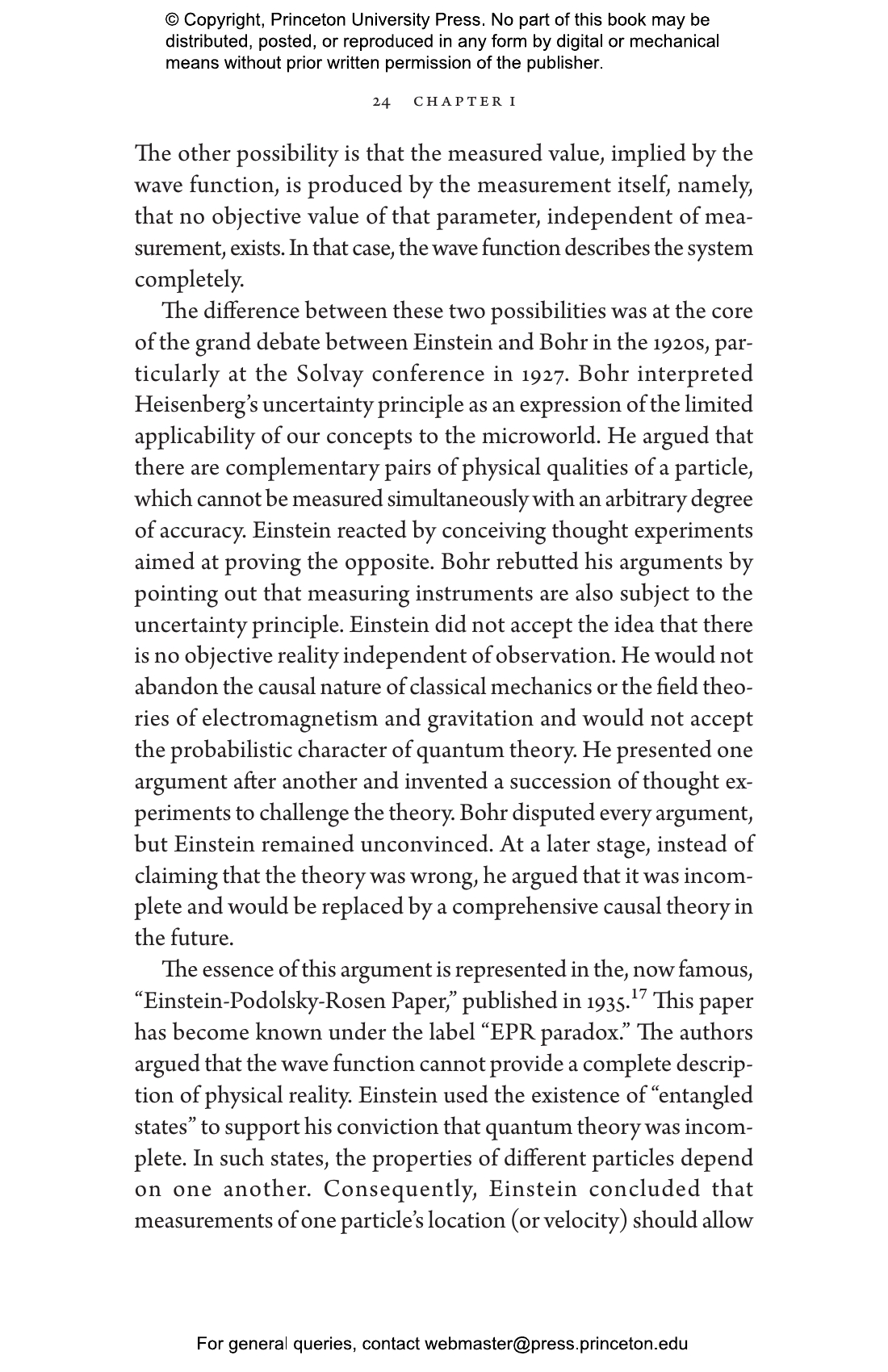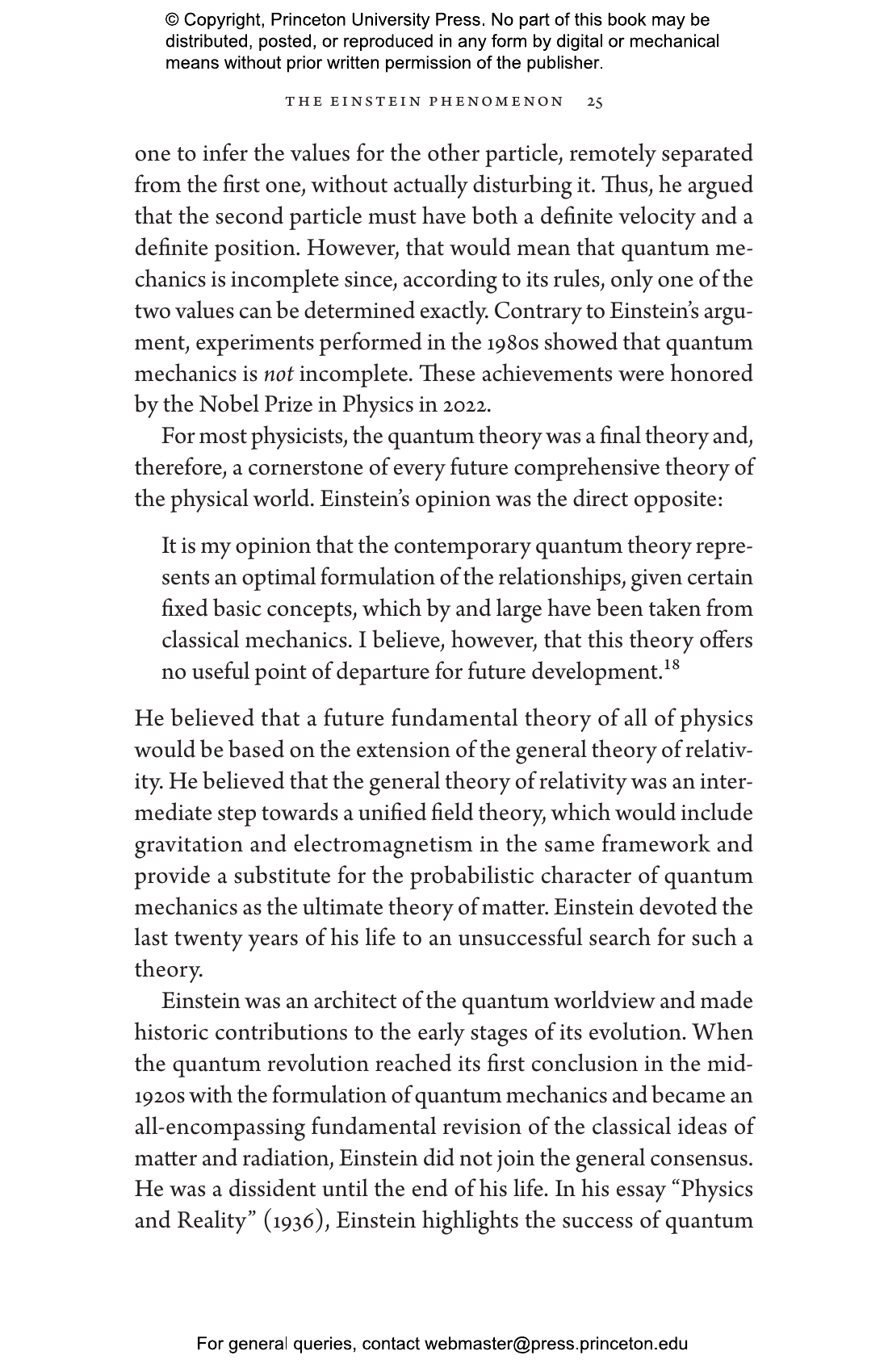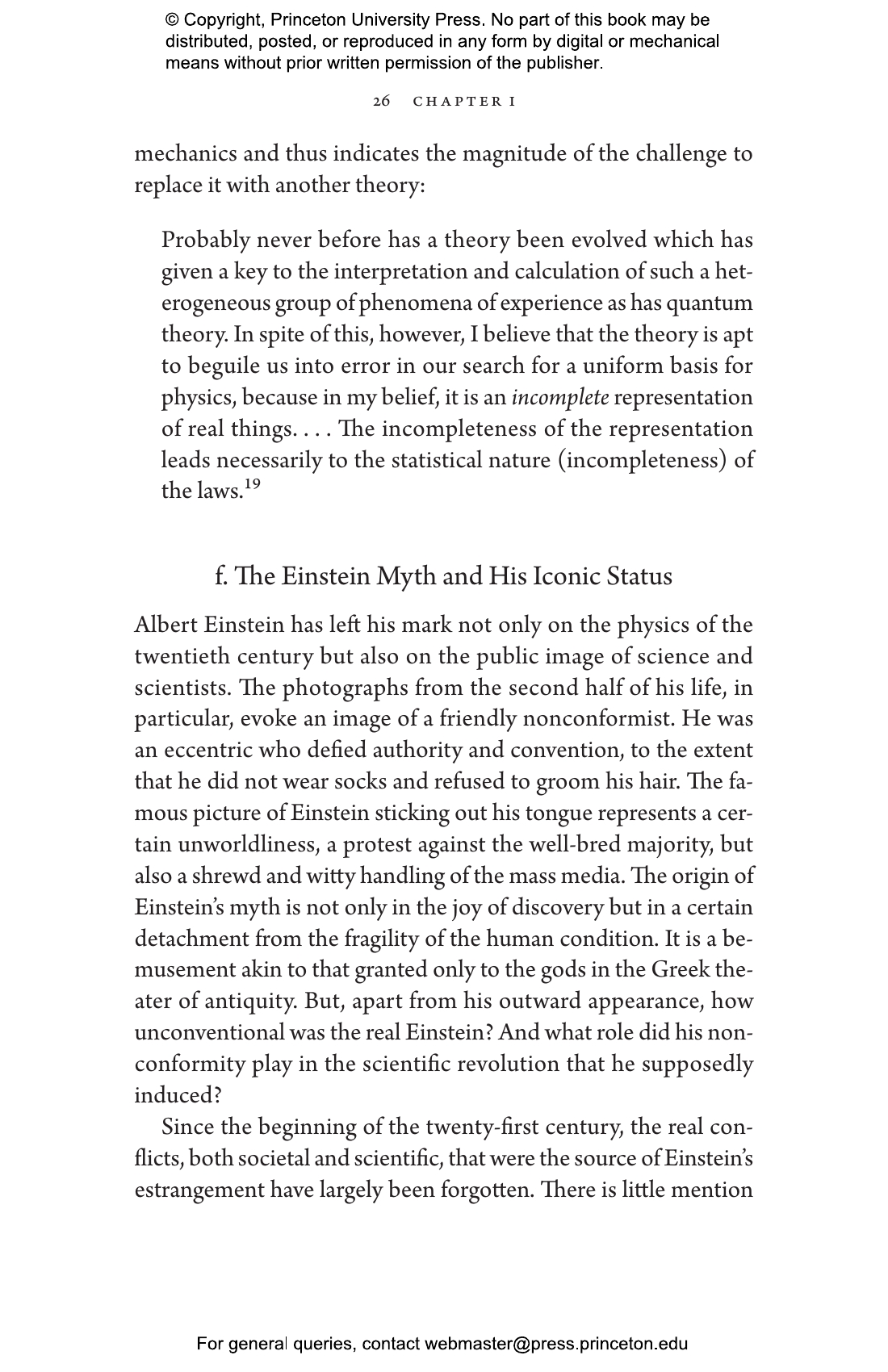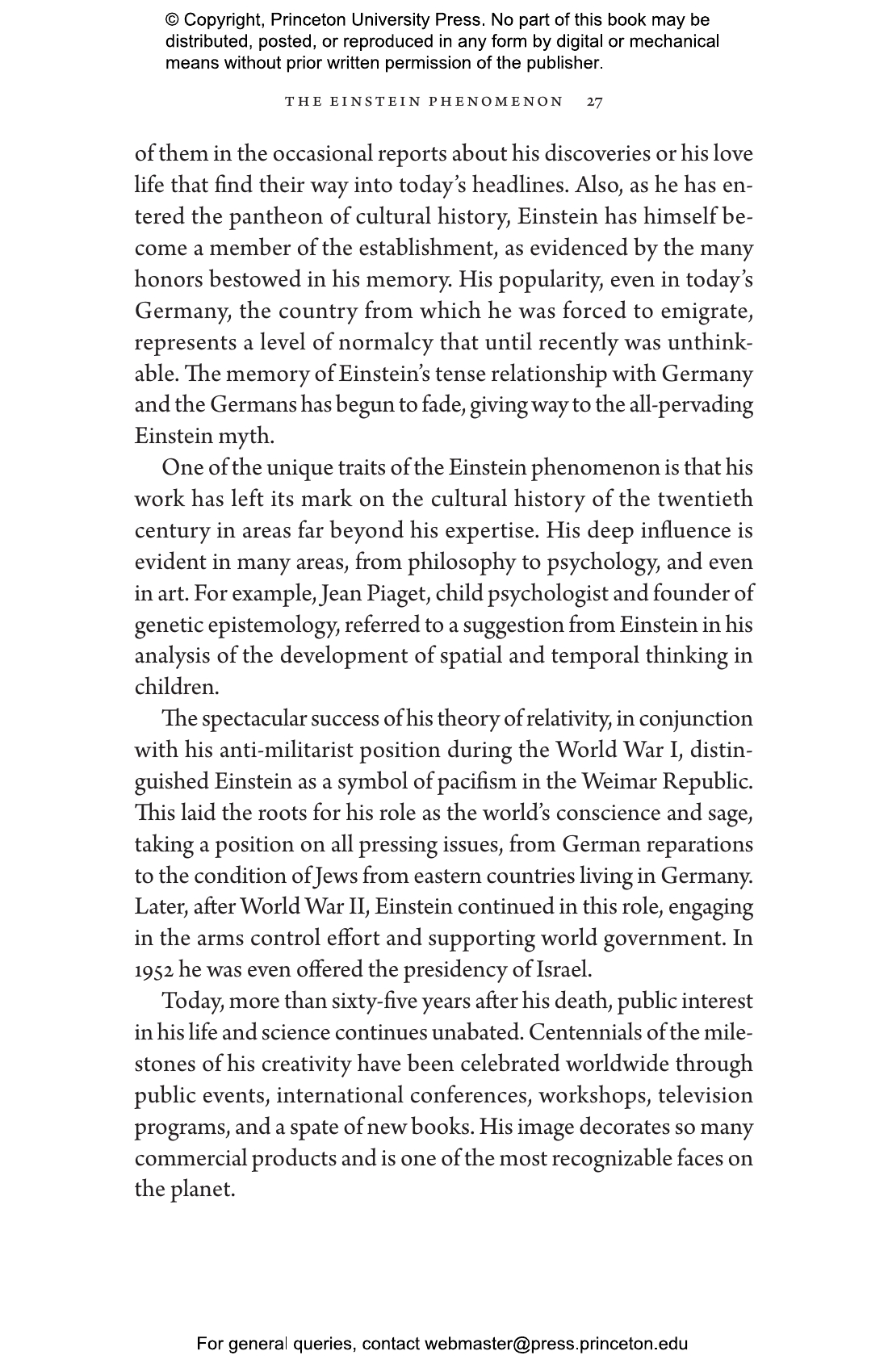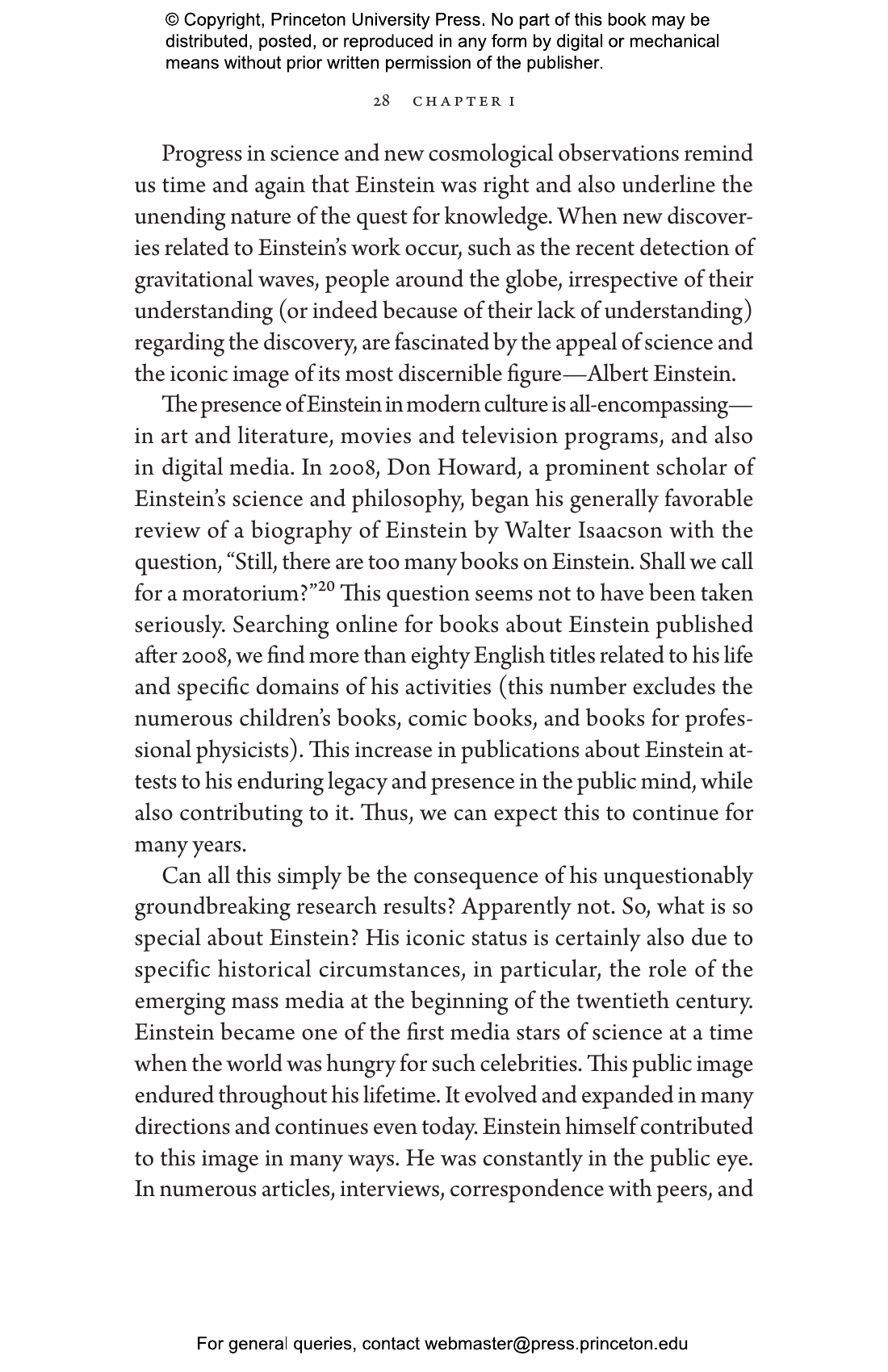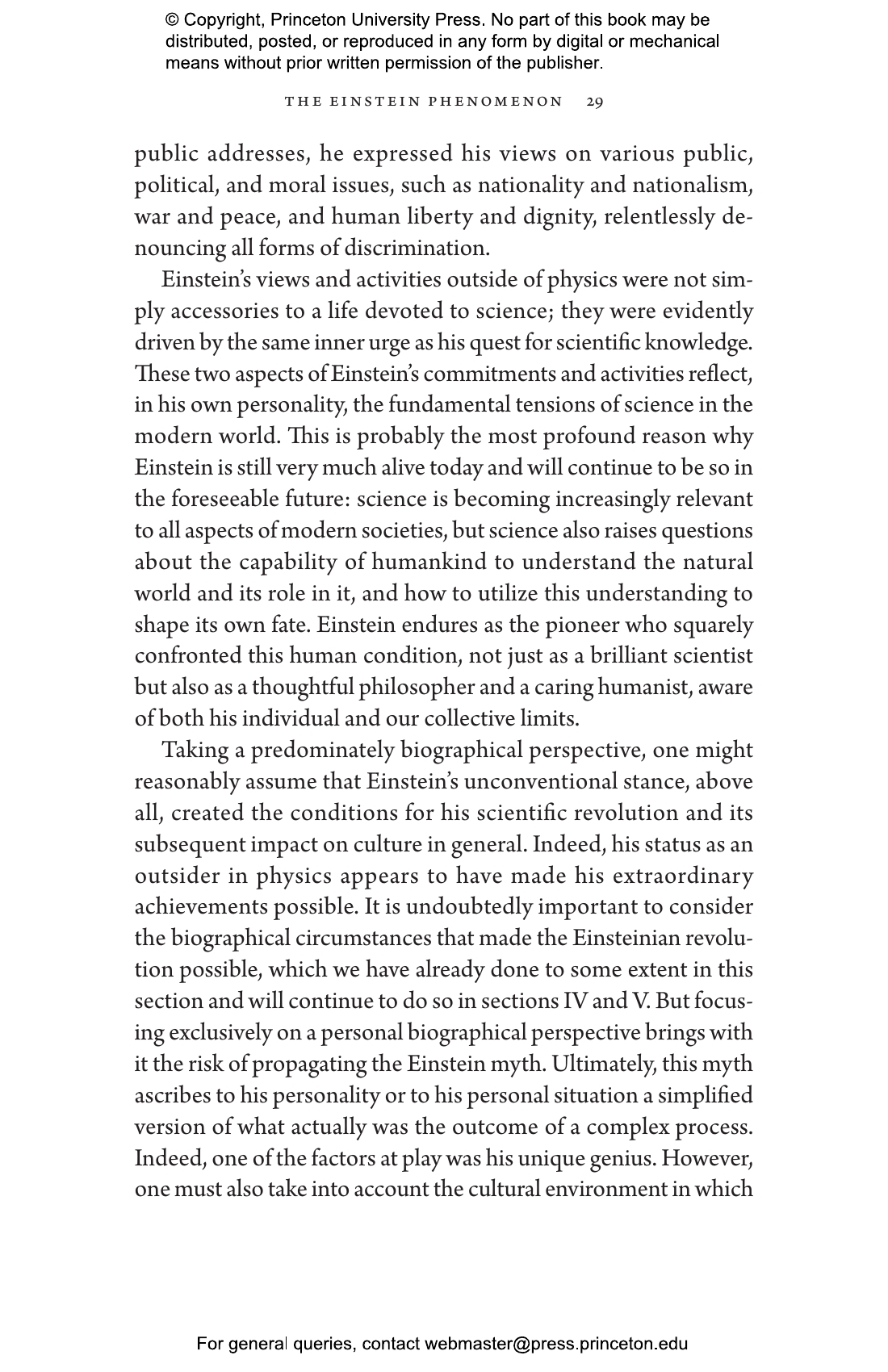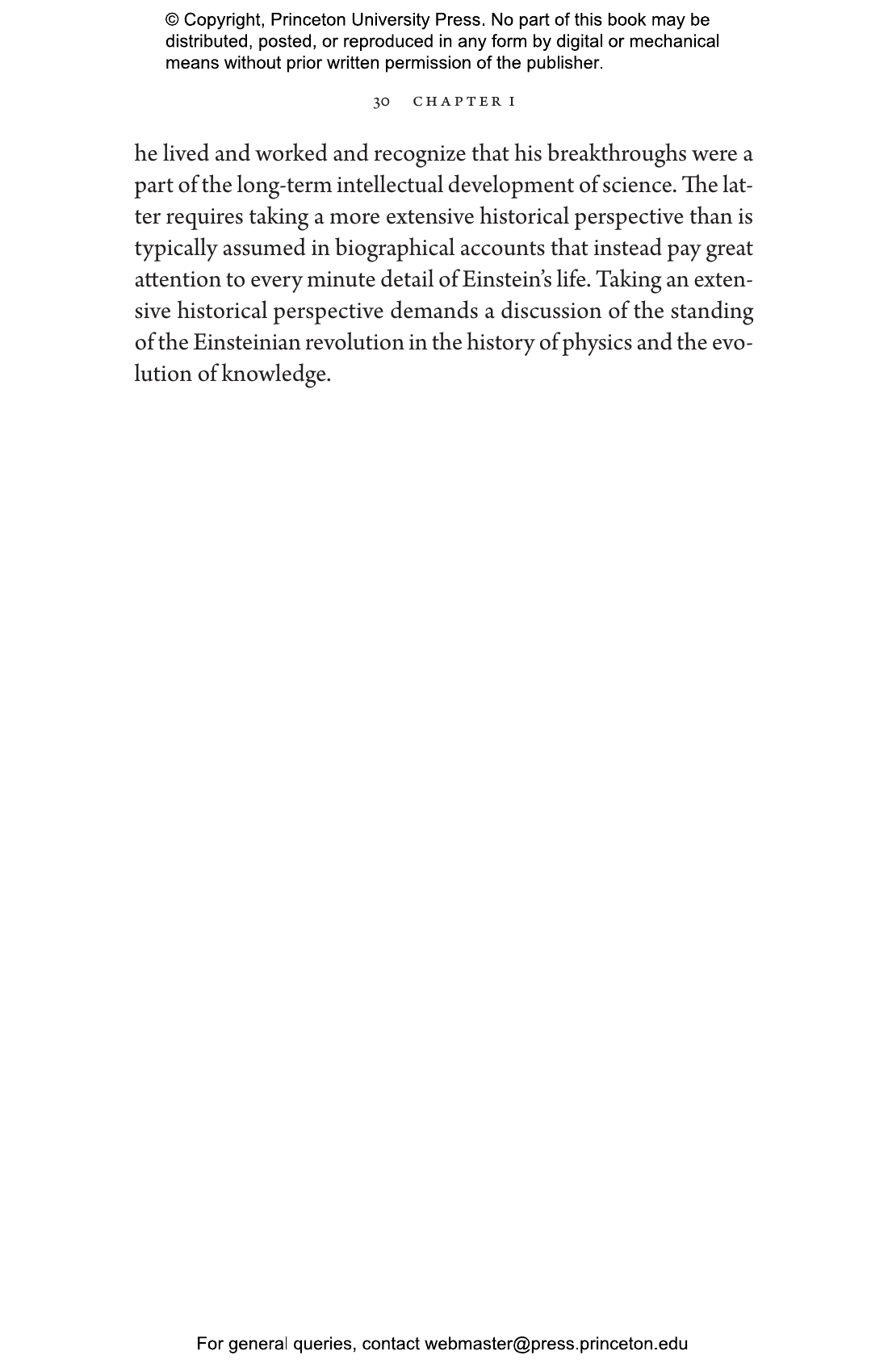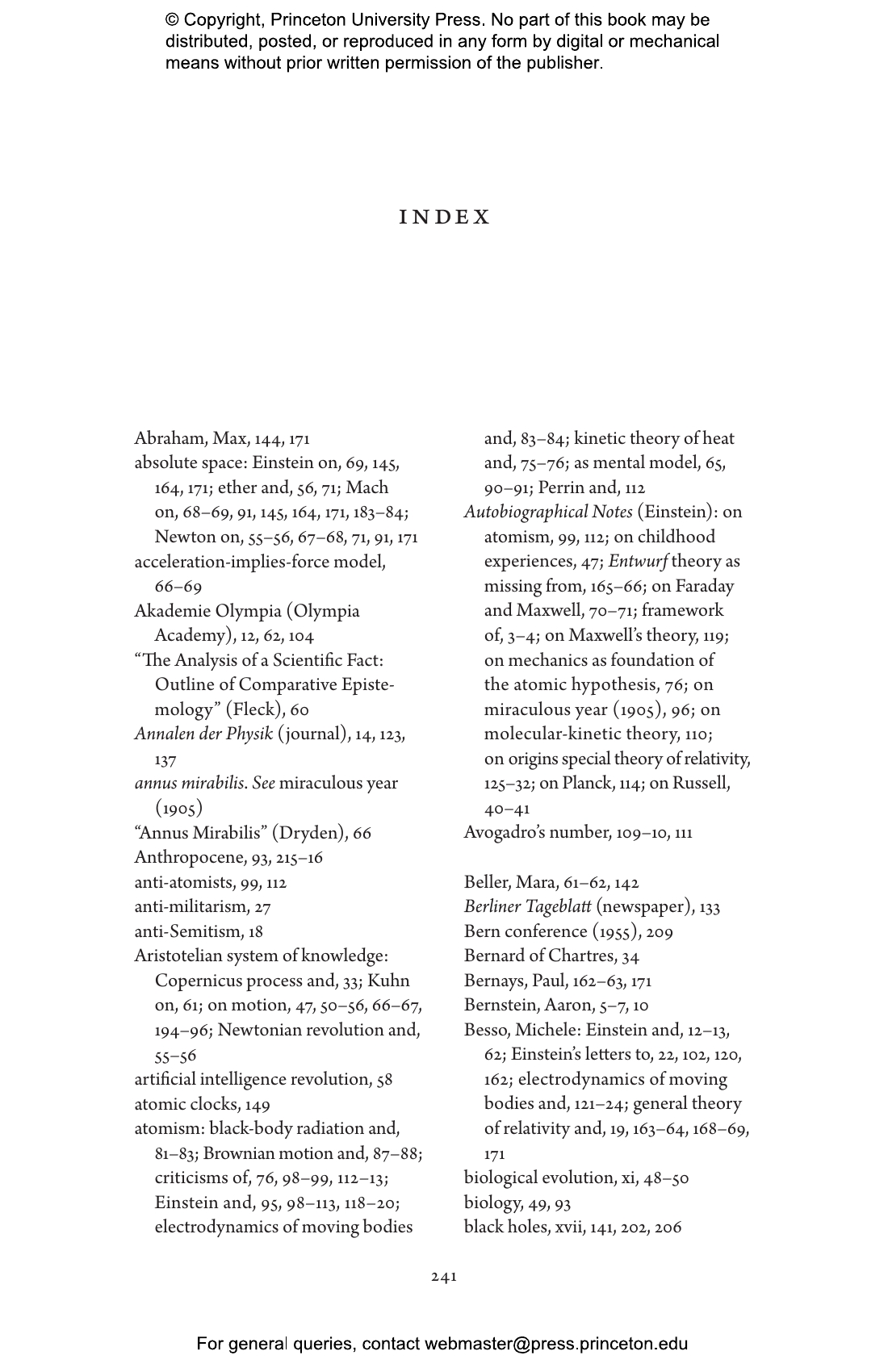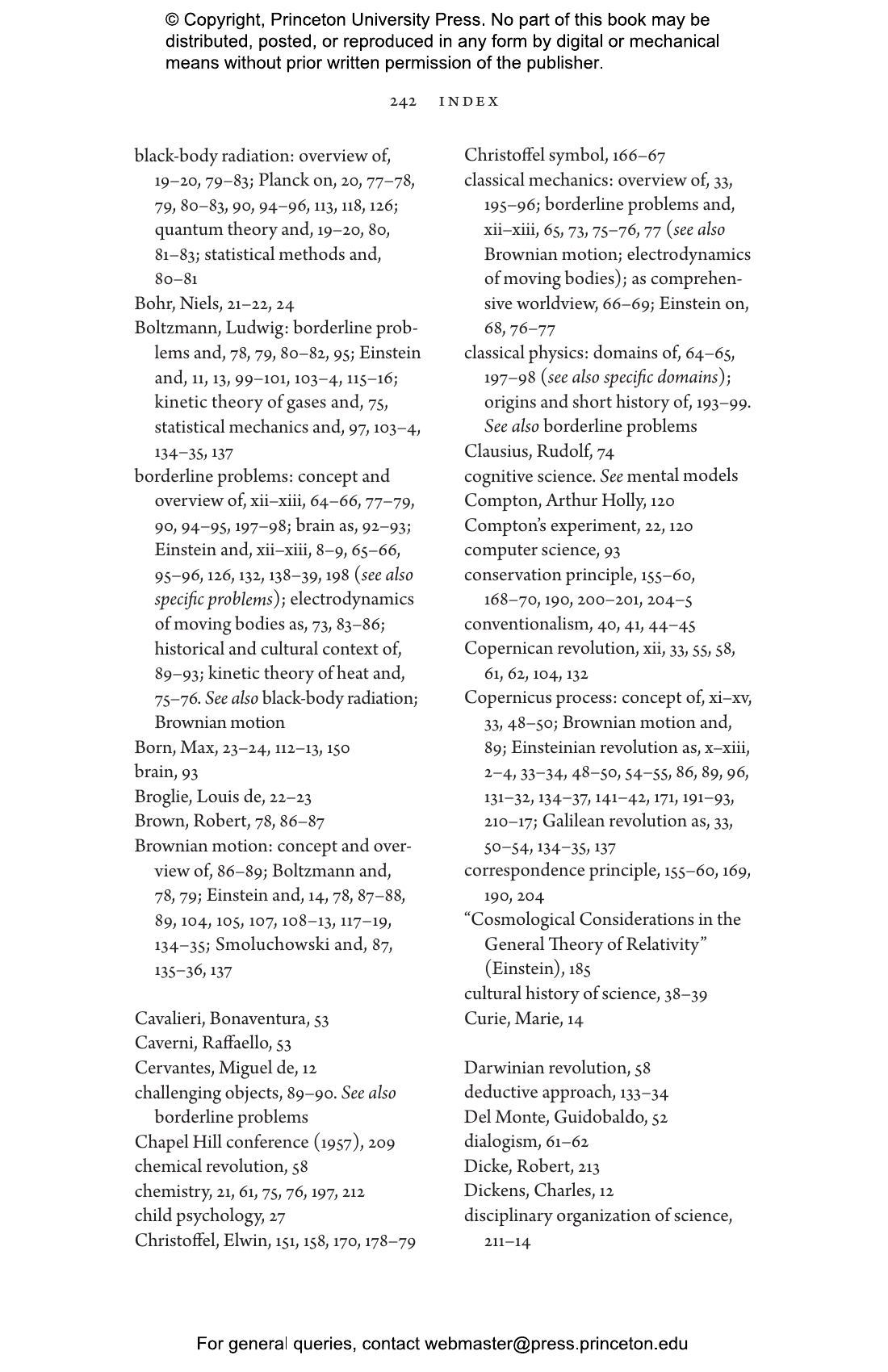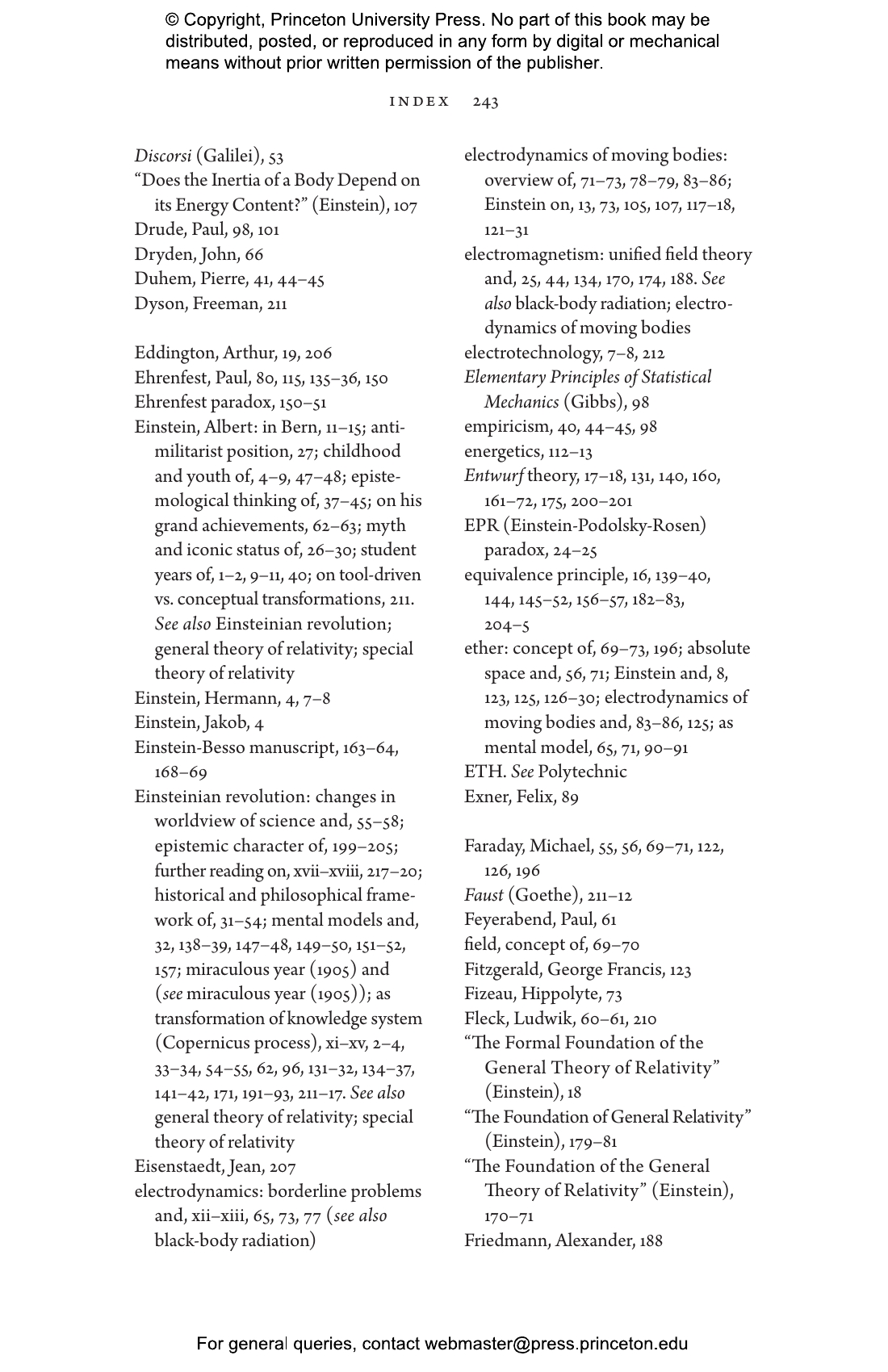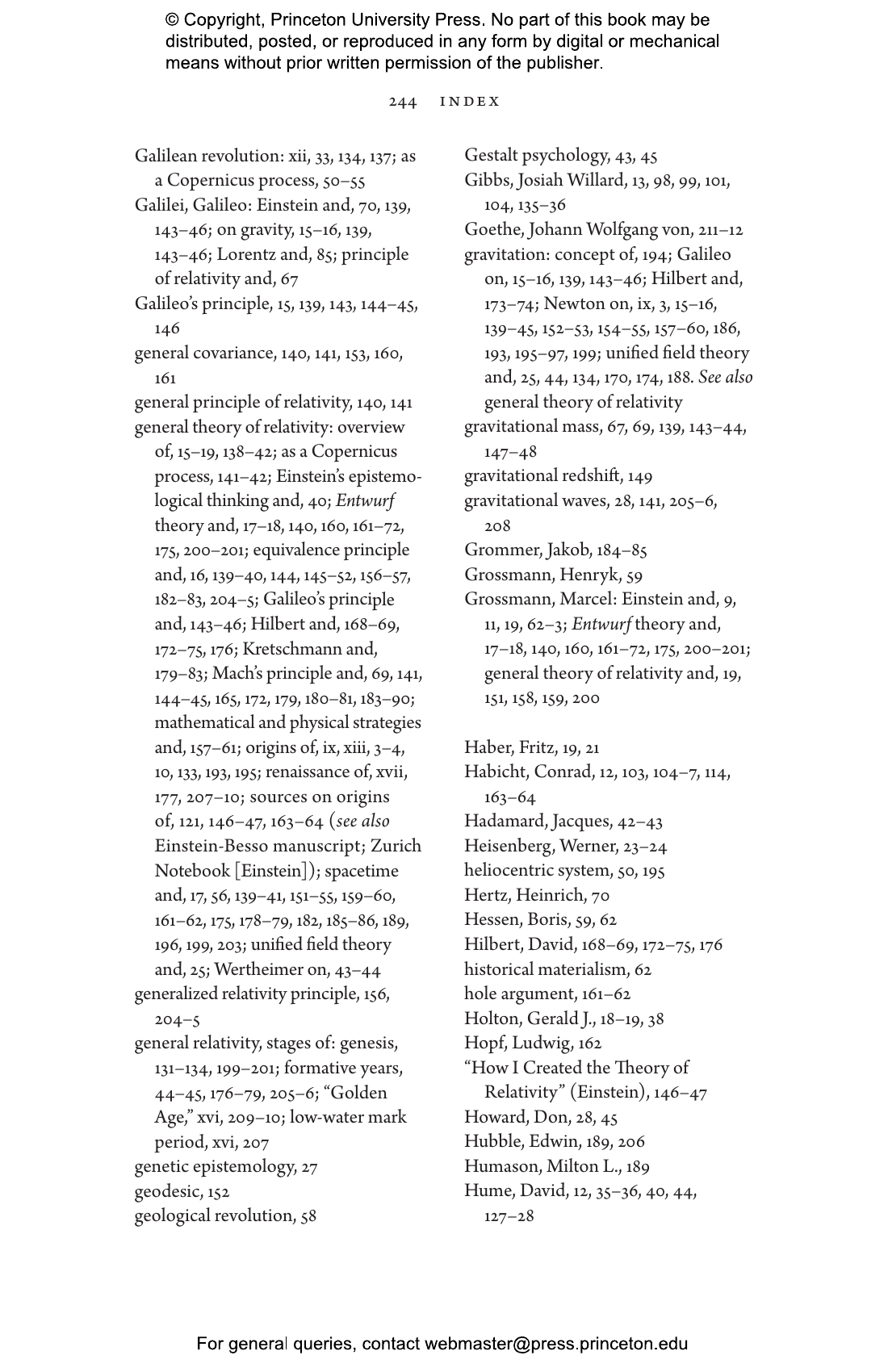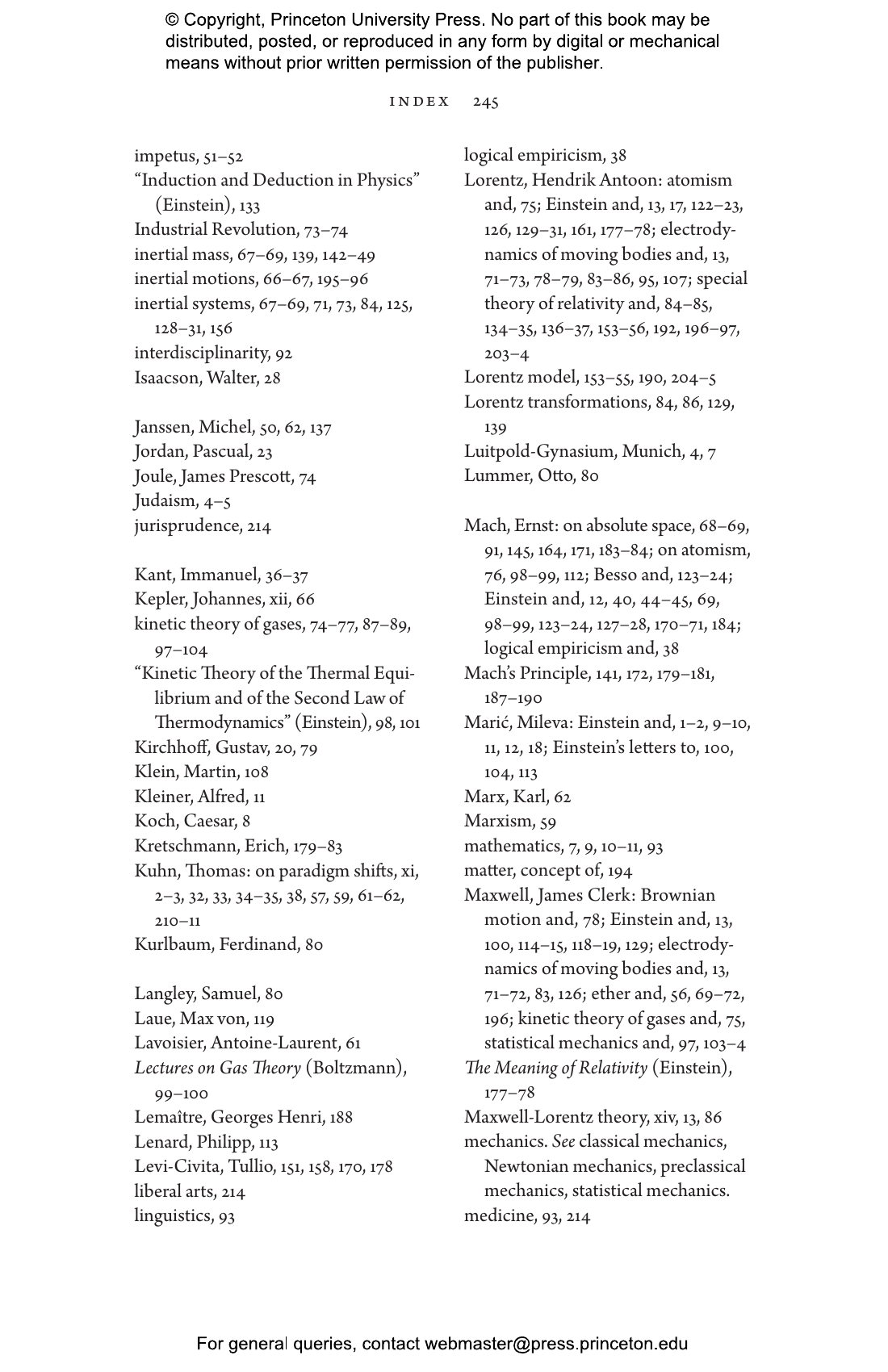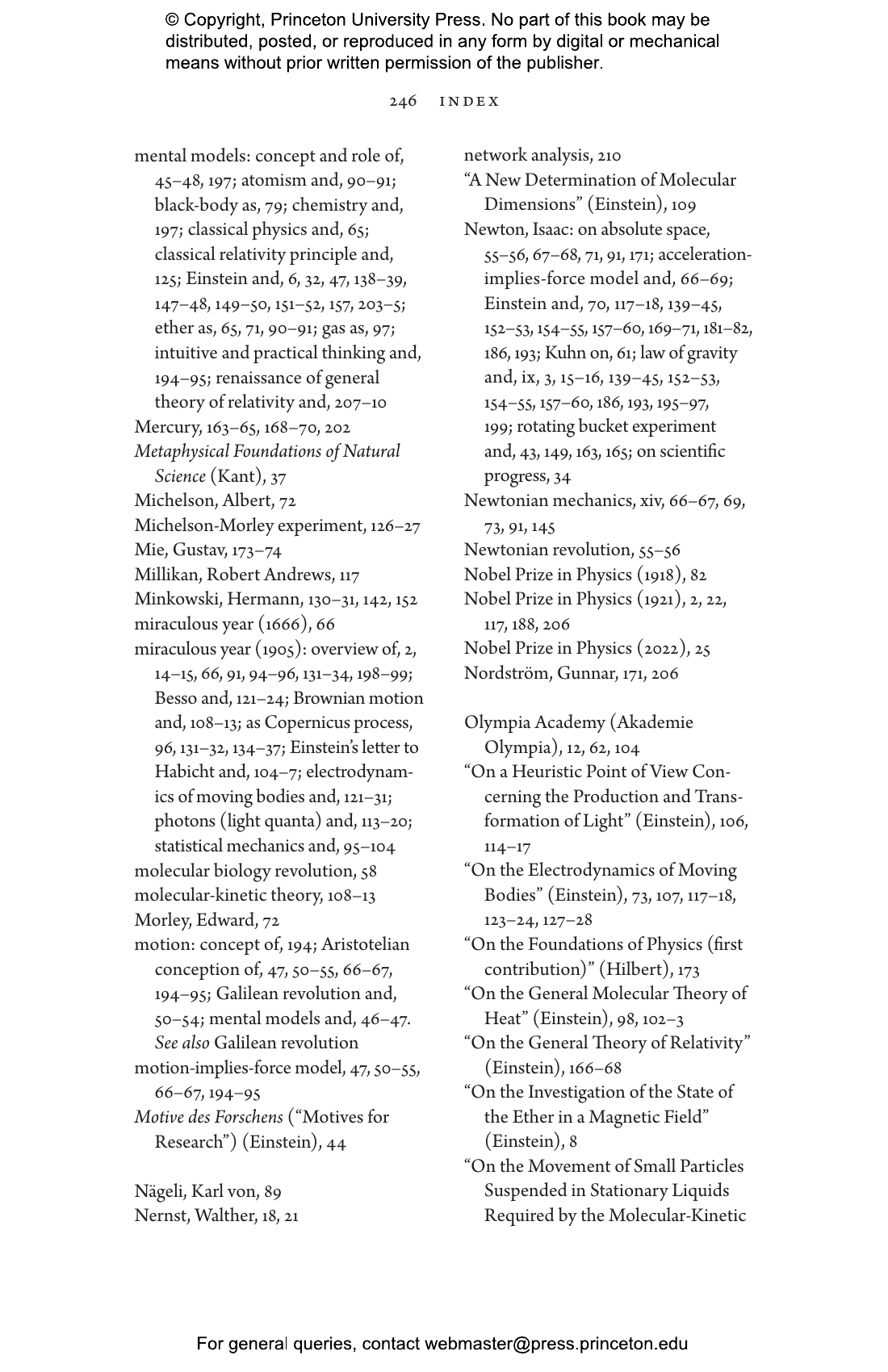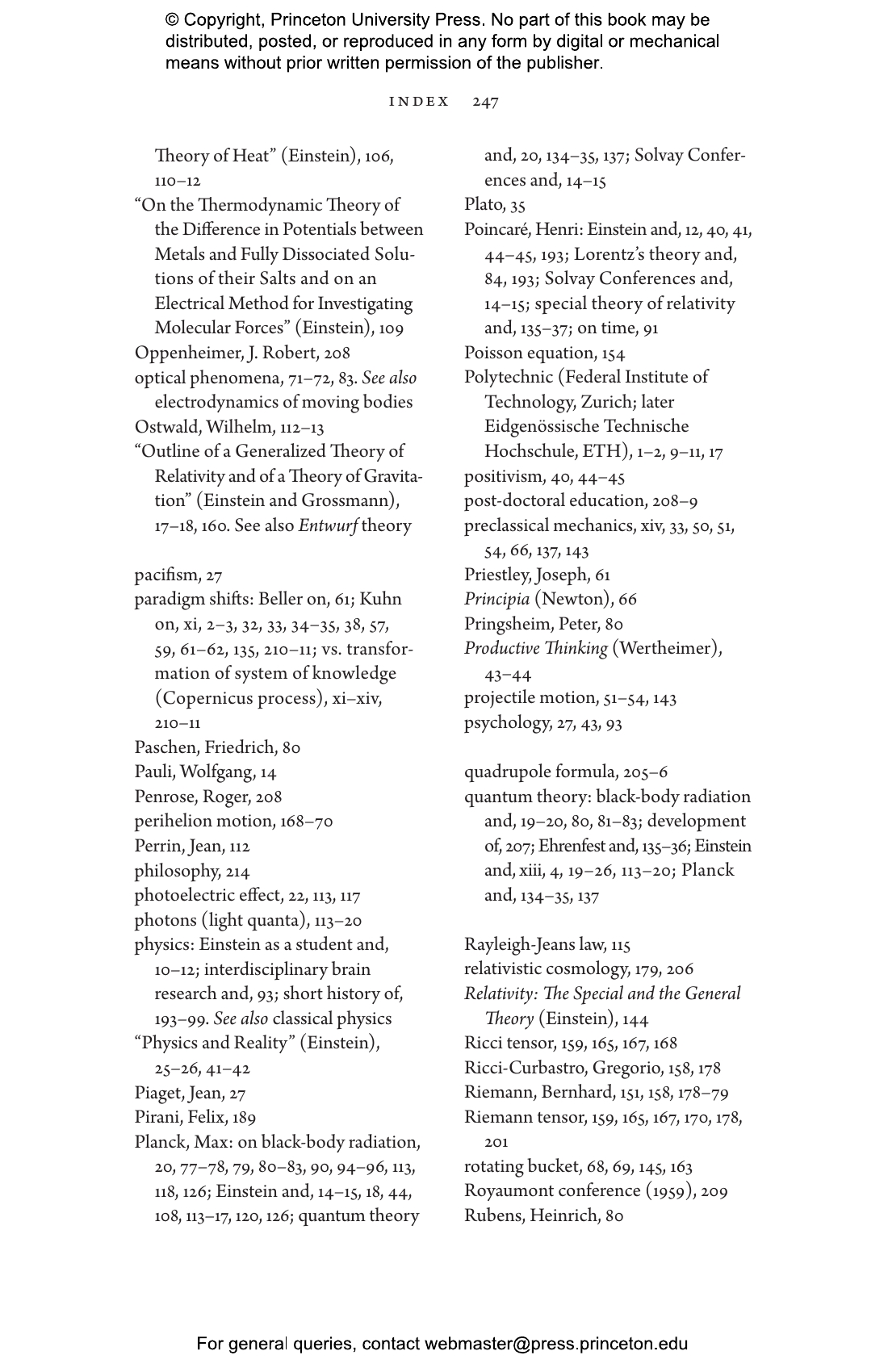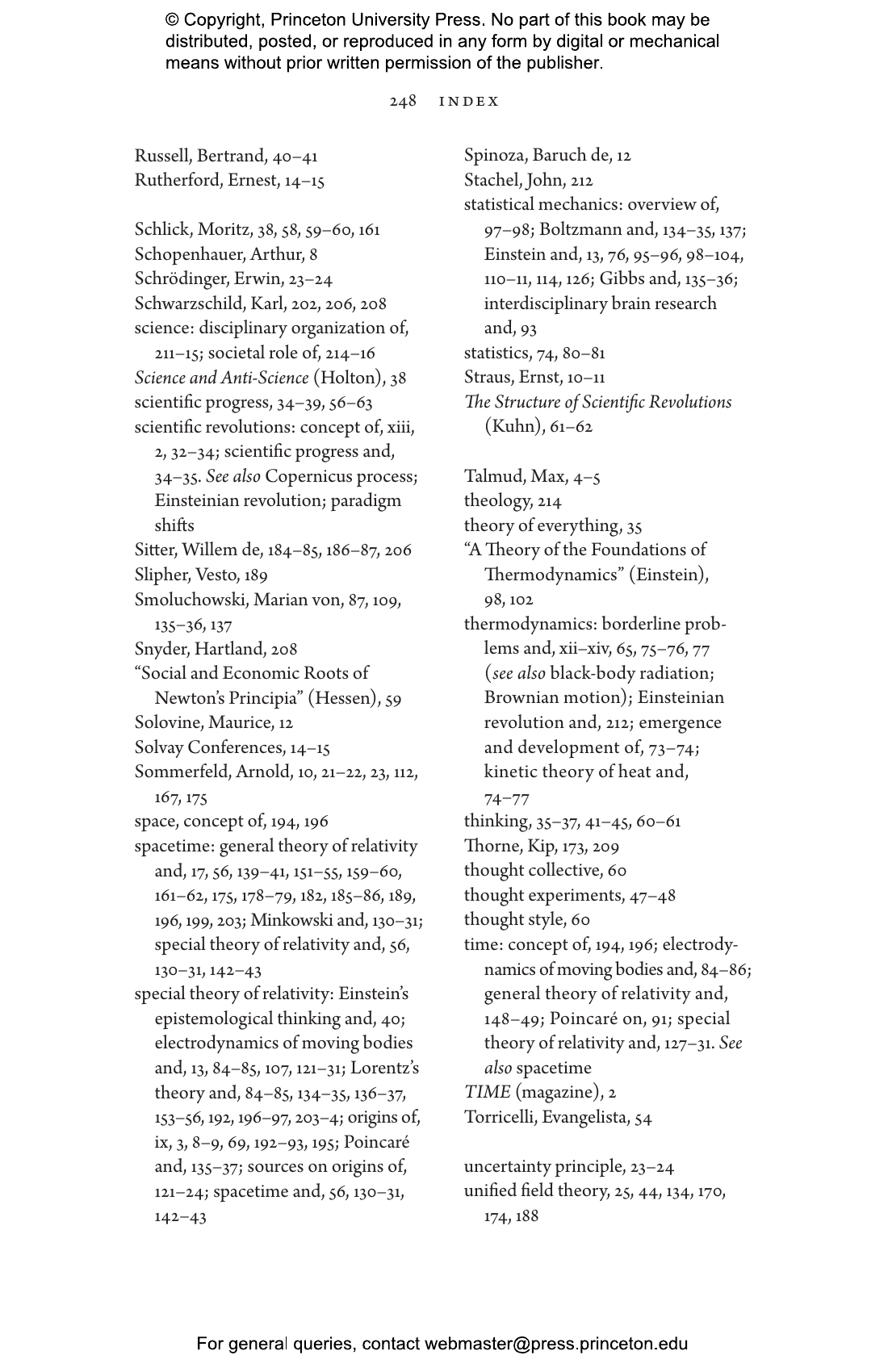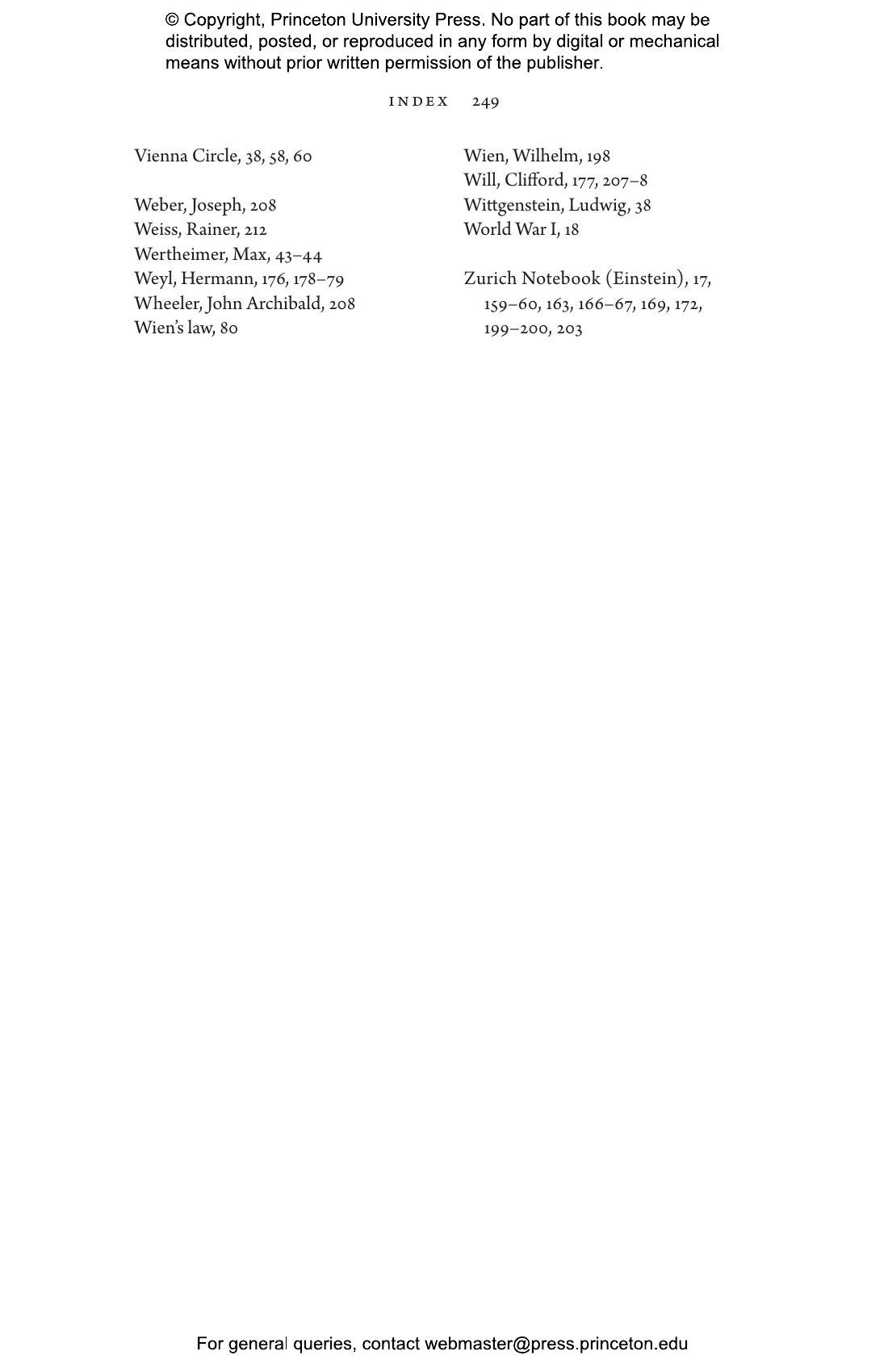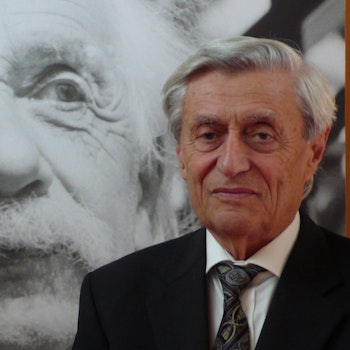The revolution that emerged from Albert Einstein鈥檚 work in the early twentieth century transformed our understanding of space, time, motion, gravity, matter, and radiation. Beginning with Einstein鈥檚 miracle year of 1905 and continuing through his development of the theory of general relativity, Einstein spurred a revolution that continues to reverberate in modern-day physics. In The Einsteinian Revolution, Hanoch Gutfreund and J眉rgen Renn trace the century-long transformation of classical physics and argue that the revolution begun by Einstein was in fact the result of a long-term evolution. Describing the origins and context of Einstein鈥檚 innovative research, Gutfreund and Renn work to dispel the popular myth of Einstein as a lone genius who brought about a revolution in physics through the power of his own pure thought. We can only understand the birth of modern physics, they say, if we understand the long history of the evolution of knowledge.
Gutfreund and Renn outline the essential structures of the knowledge system of classical physics on which Einstein drew. Examining Einstein鈥檚 discoveries from 1905 onward, they describe the process by which new concepts arose and the basis of modern physics emerged. These transformations continued, eventually resulting in the establishment of quantum physics and general relativity as the two major conceptual frameworks of modern physics鈥攁nd its two unreconciled theoretical approaches. Gutfreund and Renn note that Einstein was dissatisfied with this conceptual dichotomy and began a search for a unified understanding of physics鈥攁 quest that continued for the rest of his life.
Hanoch Gutfreund is professor emeritus of theoretical physics at the Hebrew University of Jerusalem, where he is also academic director of the Albert Einstein Archives. J眉rgen Renn is director at the Max Planck Institute for the History of Science in Berlin and founding director of the newly established Max Planck Institute of Geoanthropology in Jena. He is the author of The Evolution of Knowledge (Princeton). Gutfreund and Renn are the authors of Einstein on Einstein and The Formative Years of Relativity (both Princeton).
"[Provides] an excellent overview of Einstein’s major discoveries, from his early work on quantum theory to general relativity, the new law of gravity that overturned Newton. It is a welcome addition to any collection of books on modern physics."鈥擬arcia Bartusiak, Wall Street Journal
"In The Einsteinian Revolution, two eminent experts on Einstein’s life and his theory of relativity . . . offer an original and penetrating analysis of Einstein’s revolutionary contributions to physics and our view of the physical world. . . . The Einsteinian Revolution is an important and thought-provoking contribution to the scholarly literature on Einstein and his astounding scientific creativity between 1905 and 1925. Gutfreund and Renn might not have given the final answer as to why Einstein, of all people, revolutionized physics in the way that he did. But they argue in fascinating detail that, to understand his genius, one must take into account not just the earlier history of physics but also the history of knowledge more broadly.” – Helge Kragh, Nature"鈥擧elge Kragh, Nature
"Interesting and intellectually satisfying."鈥擪.D. Fisher, Choice
"Beautifully written."鈥擩onathan Shock, Mathemafrica
“Einstein’s intellectual breadth and determination to ‘get it right’ interacted with his remarkable ability to make mental models coupled to his instincts, which saved classical physics from its inconsistencies. This important book draws together the different elements of his scientific research to show a coherence many of us did not realize led to his evolution of our knowledge of nature.”—Rainer Weiss, Massachusetts Institute of Technology and winner of the Nobel Prize in Physics
“The Einsteinian Revolution challenges the myth of scientific revolutions created single handedly by a genius who completely abolishes the past and starts all over from scratch. Gutfreund and Renn construe the Einsteinian revolution as the end product of an evolution that exemplifies the general process they deem ‘the transformation of knowledge systems.’ Their book provides a fascinating history of Einstein's scientific journey as well as a new theory of the growth of knowledge.”—Yemima Ben-Menahem, author of Causation in Science
“Extending their winning streak in making the latest scholarship on Einstein and the history of relativity and quantum theory accessible to the general reader, Gutfreund and Renn persuasively argue that scientific innovation results from careful rearrangement rather than radical replacement of received bodies of knowledge.”—Michel Janssen, coeditor of The Cambridge Companion to Einstein
“Is this book a biography? Is it an account of the history of physics? Is it an essay on scientific creativity in science? It is all of these things. This book tells the intellectual biography of Einstein in its wider context of the emergence of modern theoretical physics, and in doing so the authors sketch an original account explaining how individual scientific creativity mediates profound transformations in science.”—Tilman Sauer, Johannes Gutenberg University Mainz and the Einstein Papers Project, California Institute of Technology
